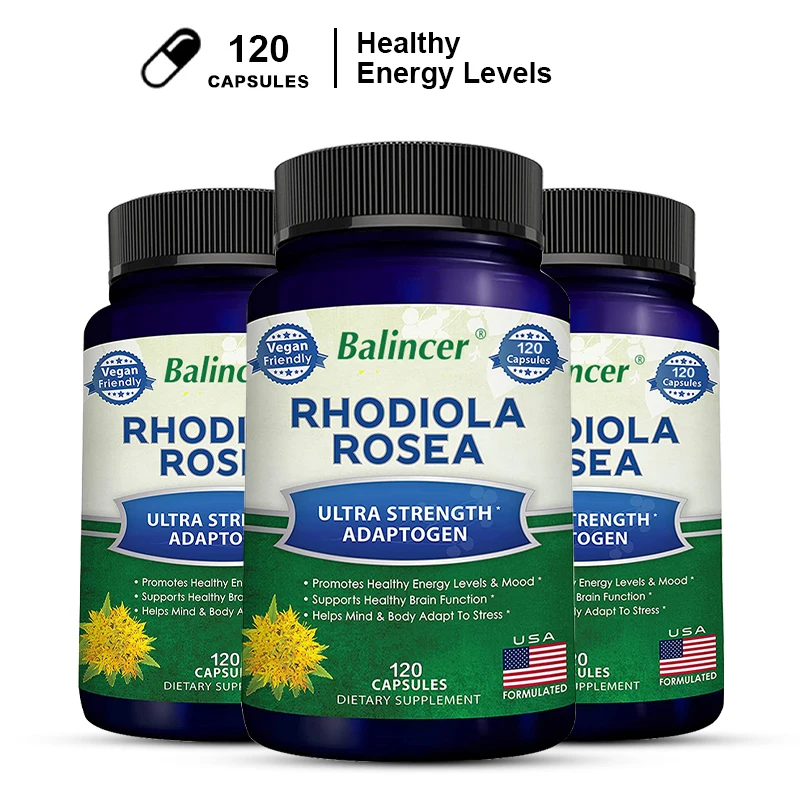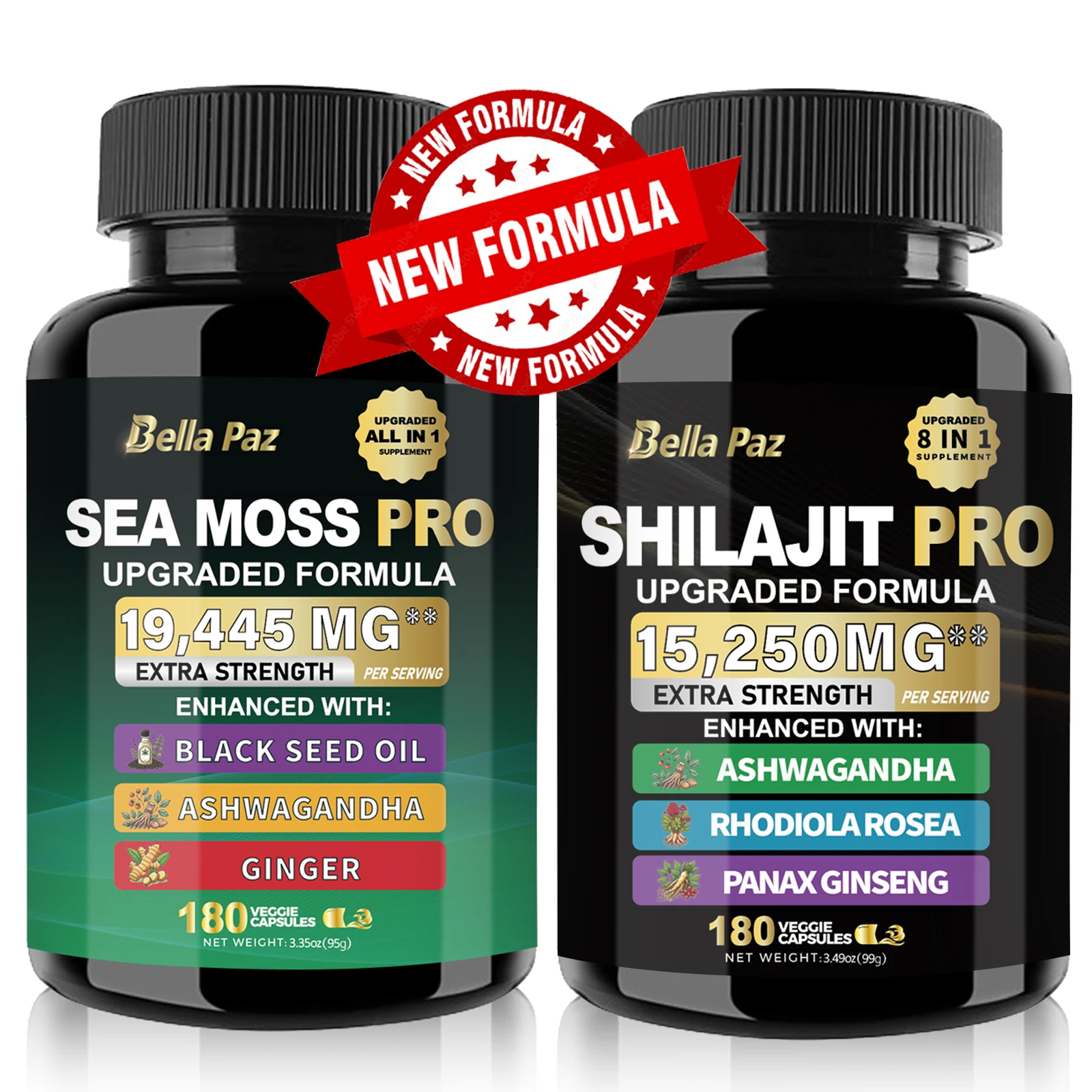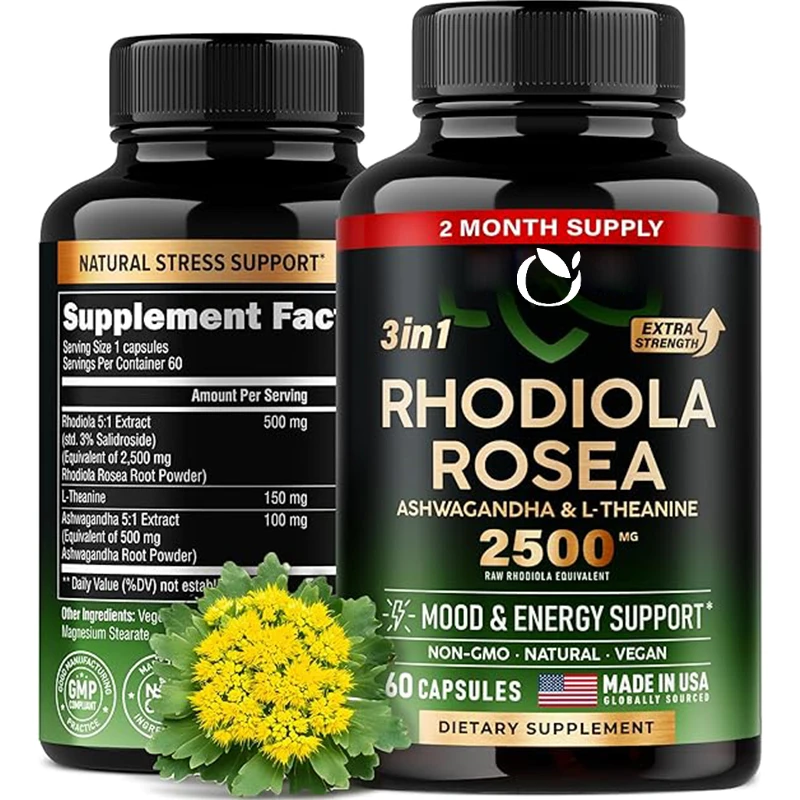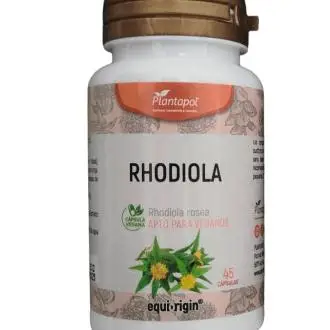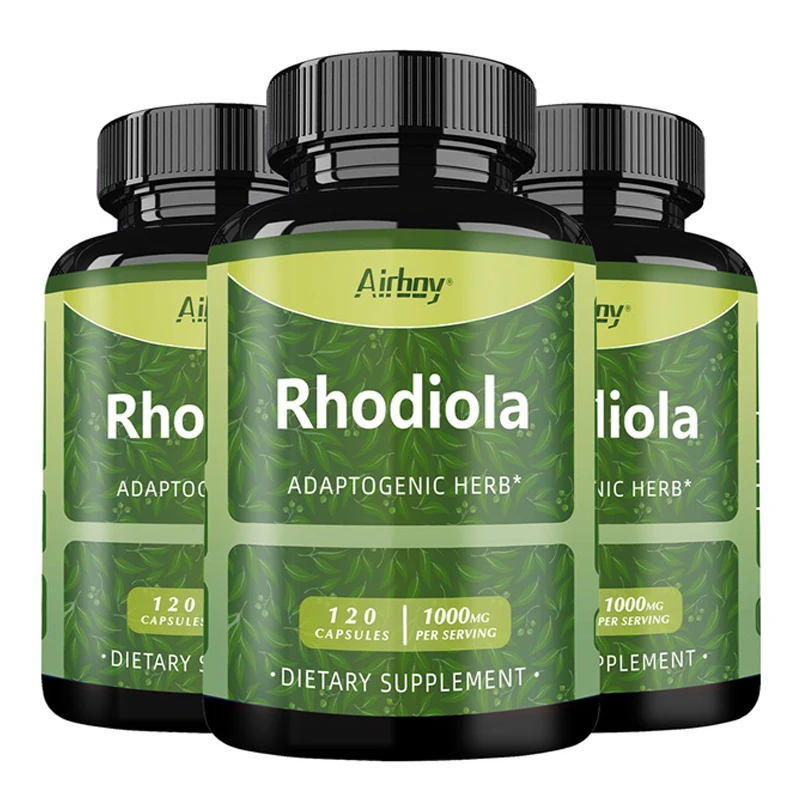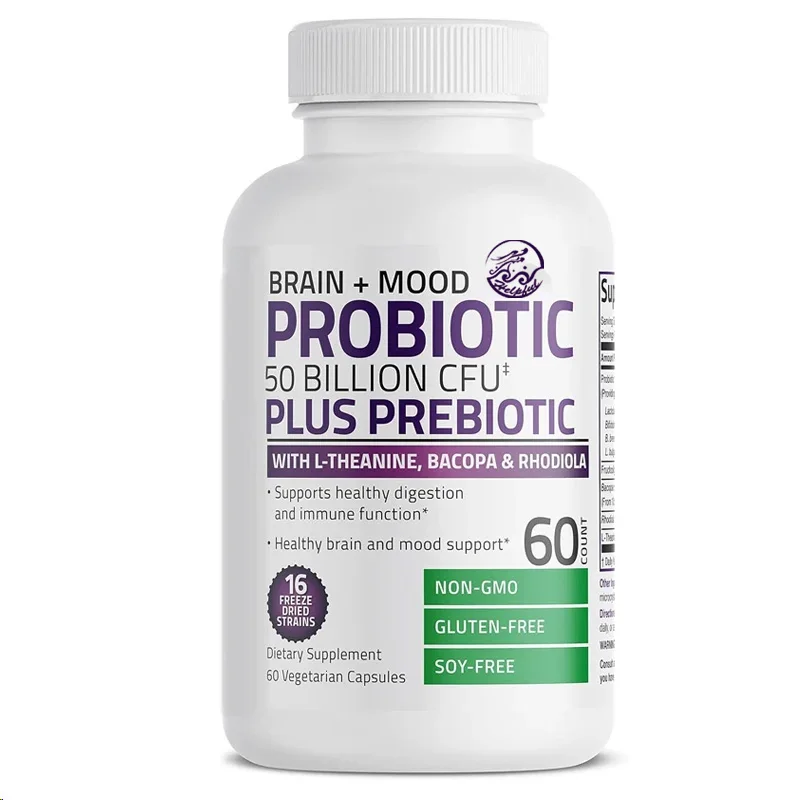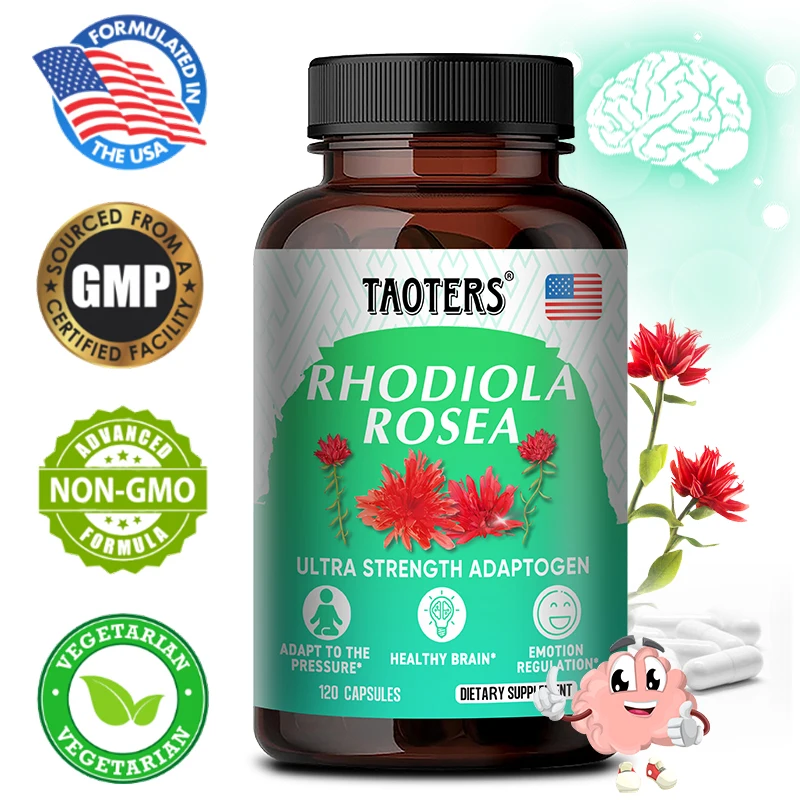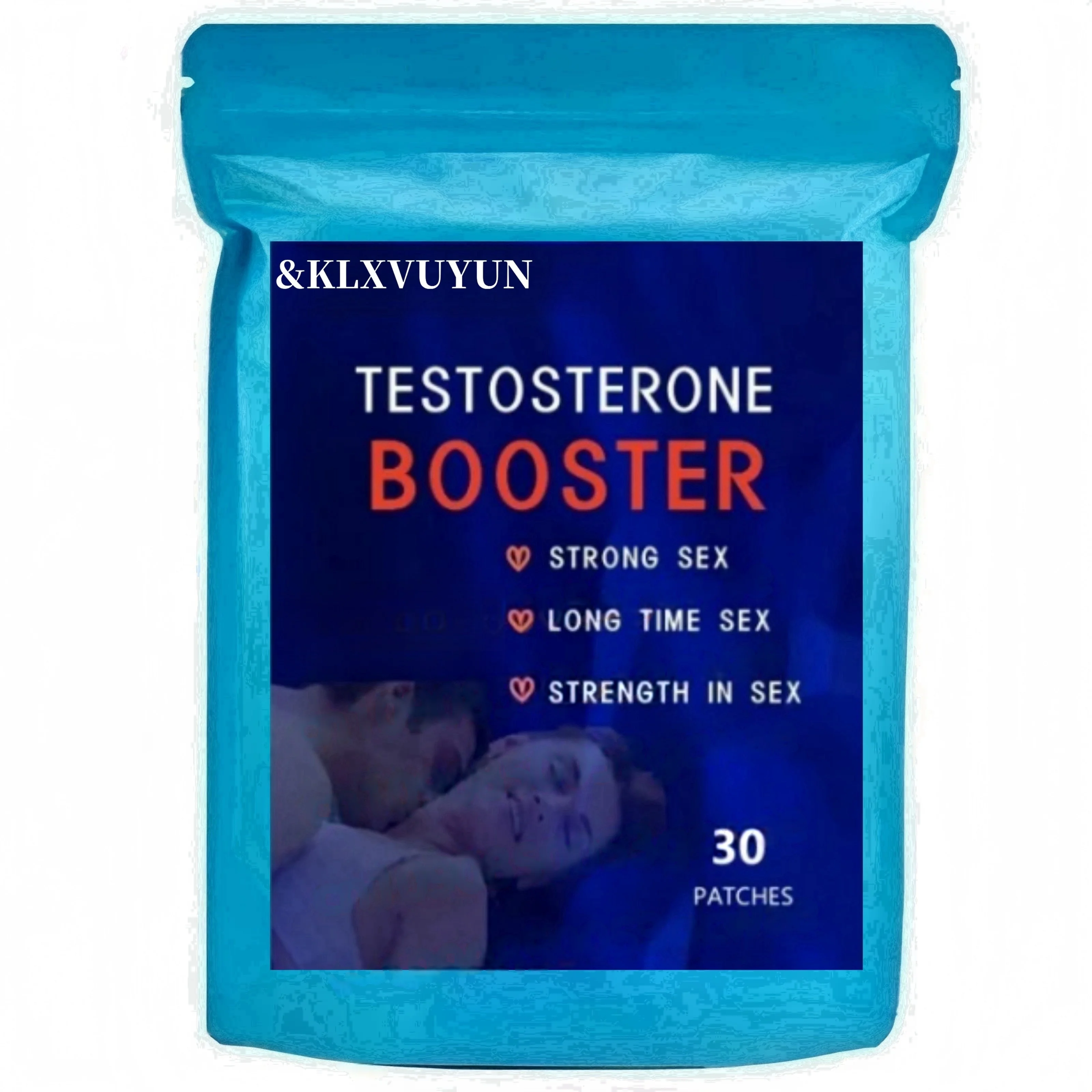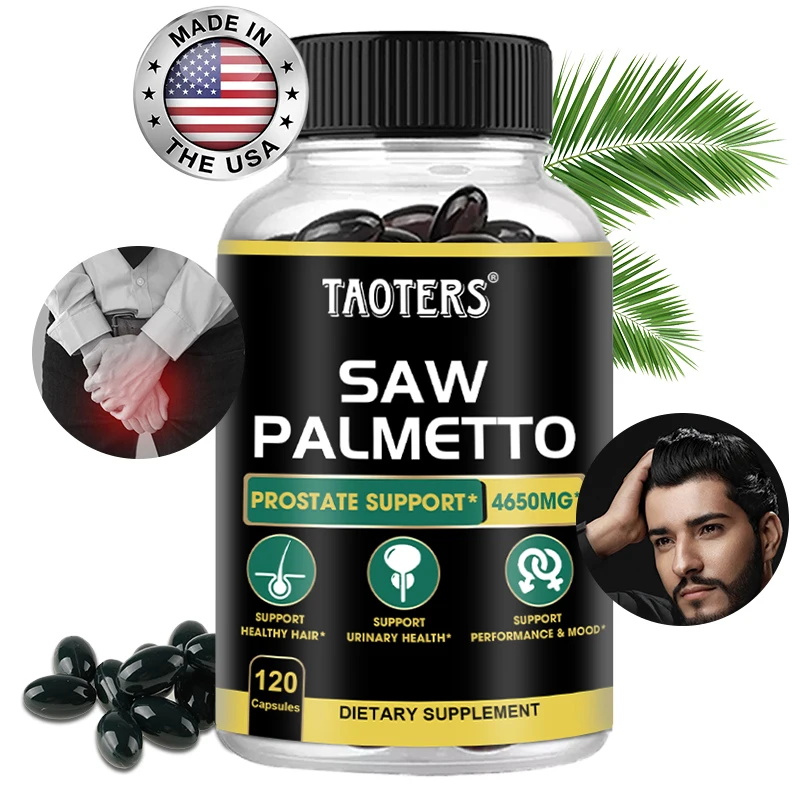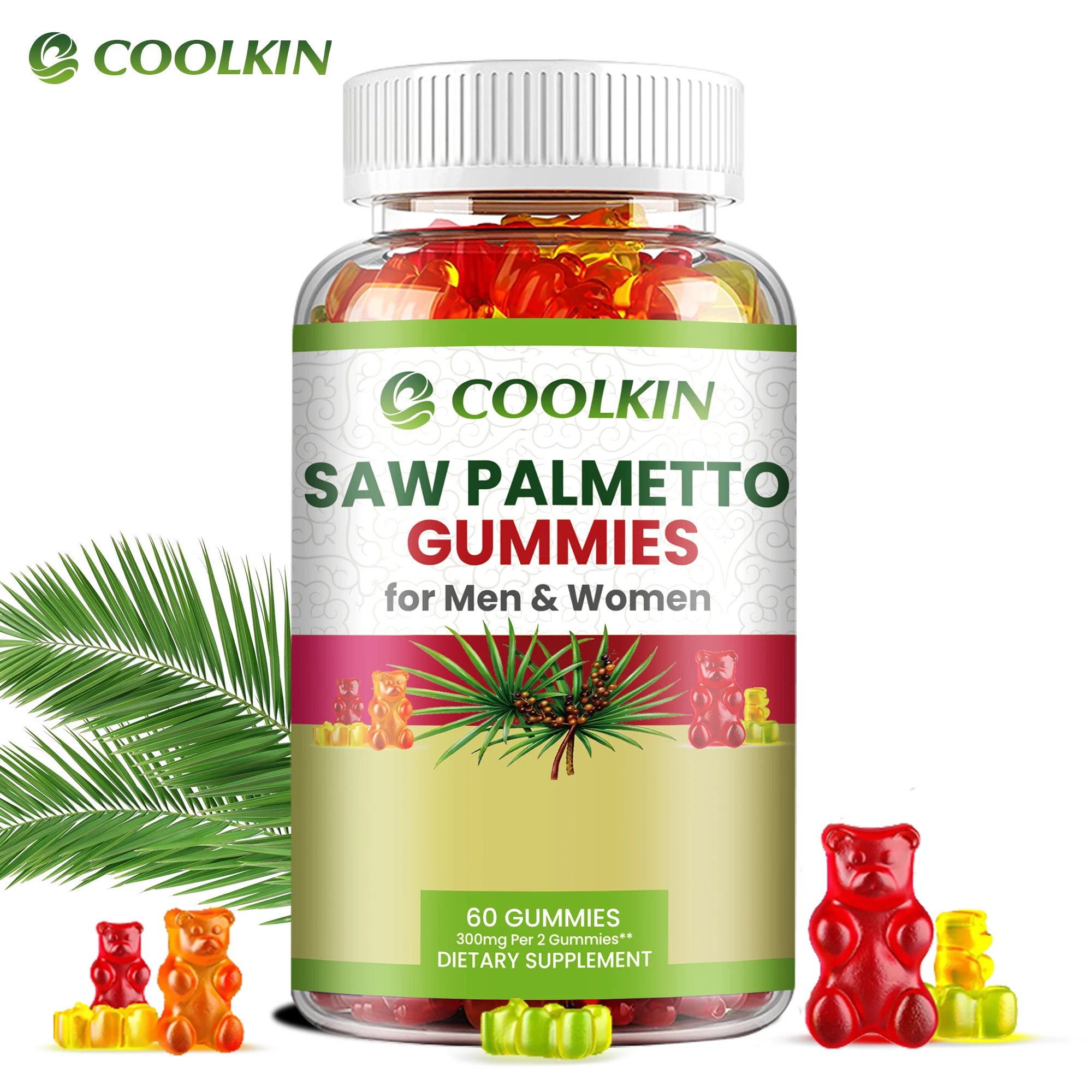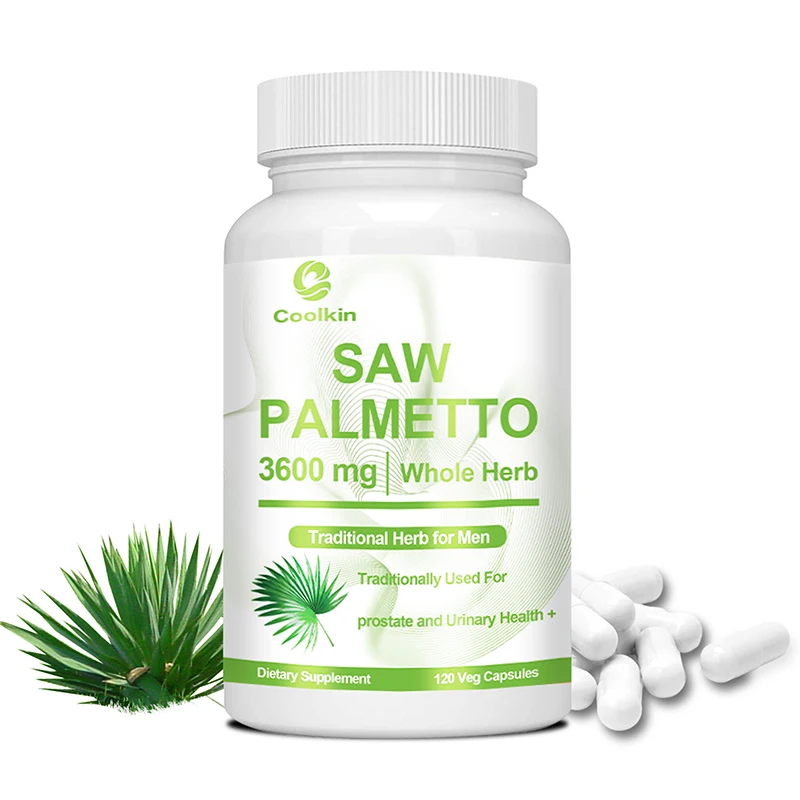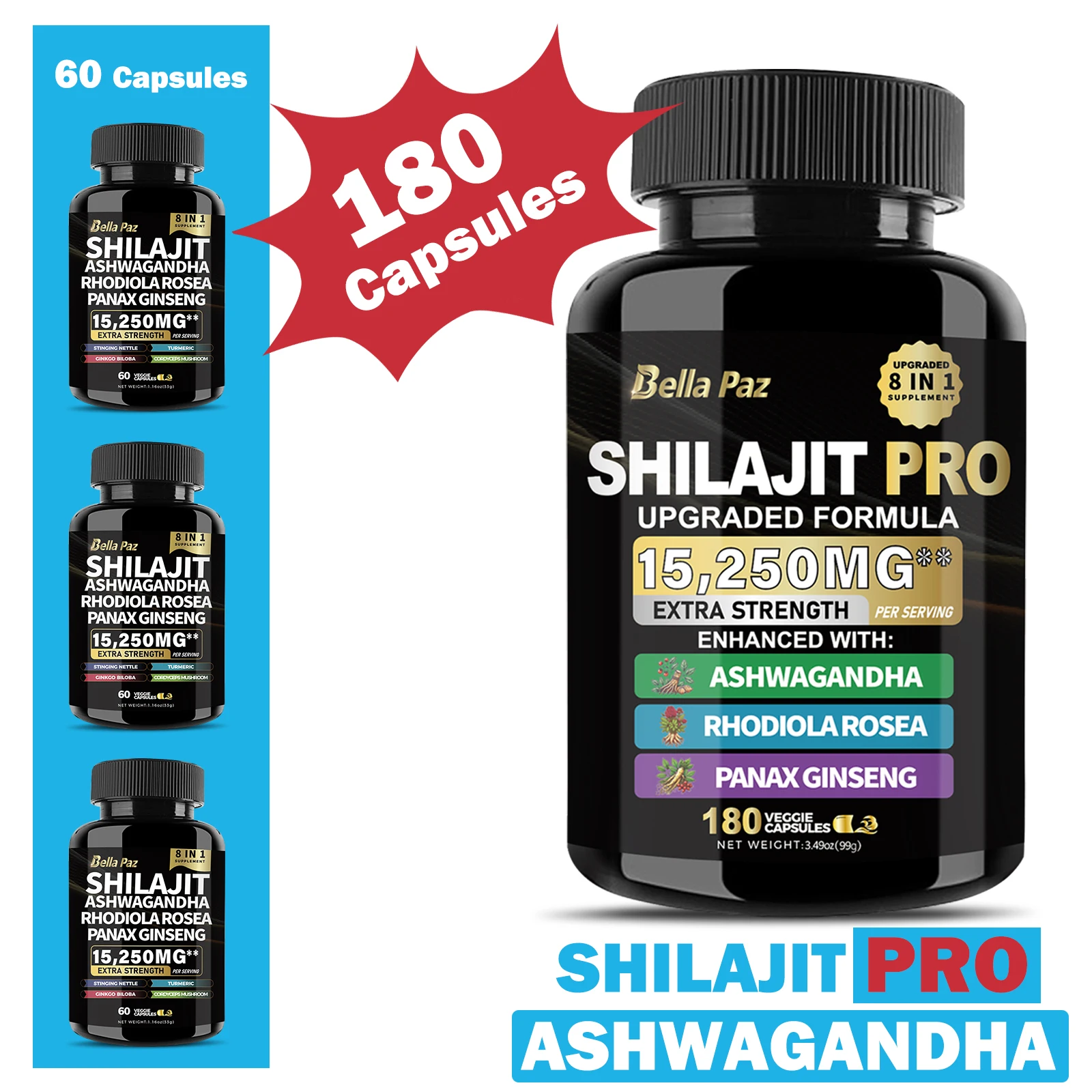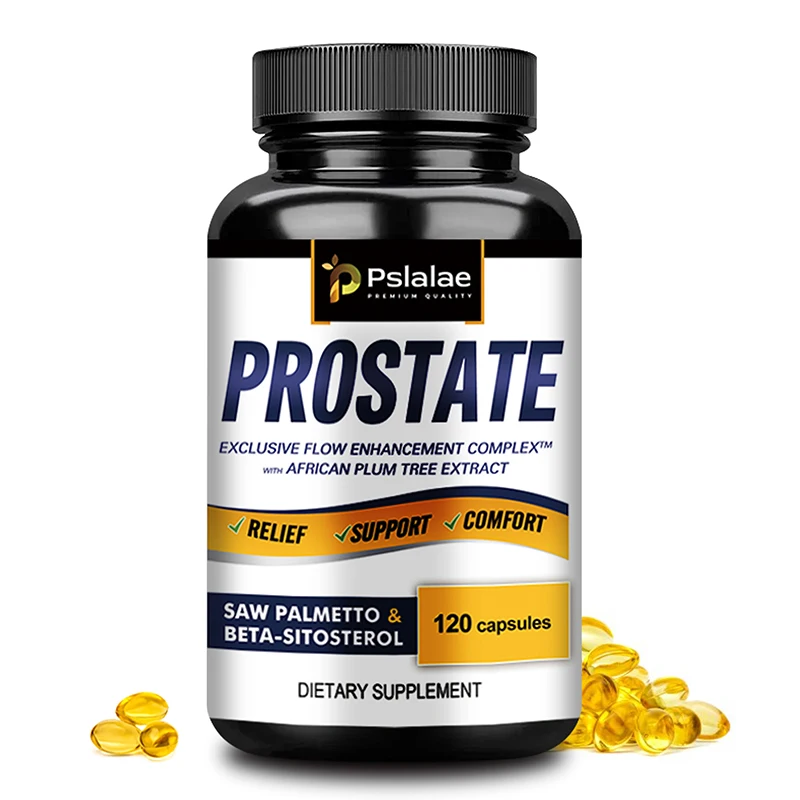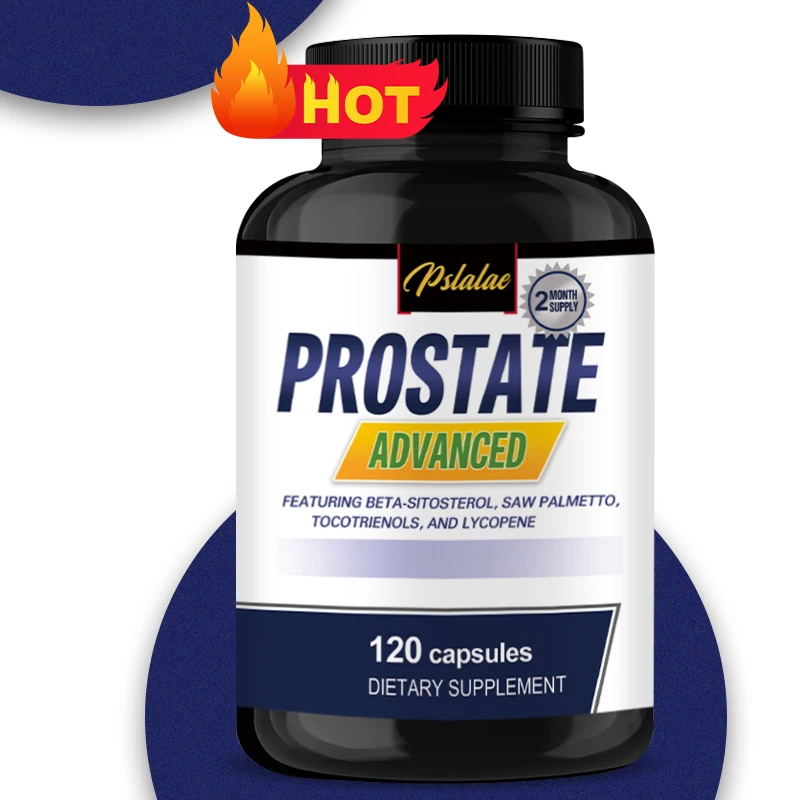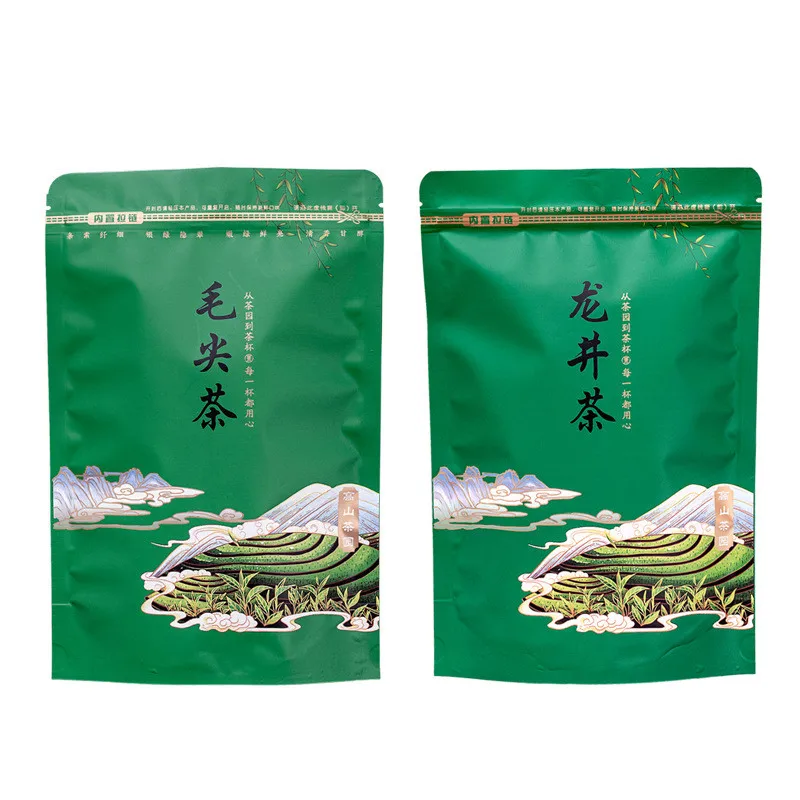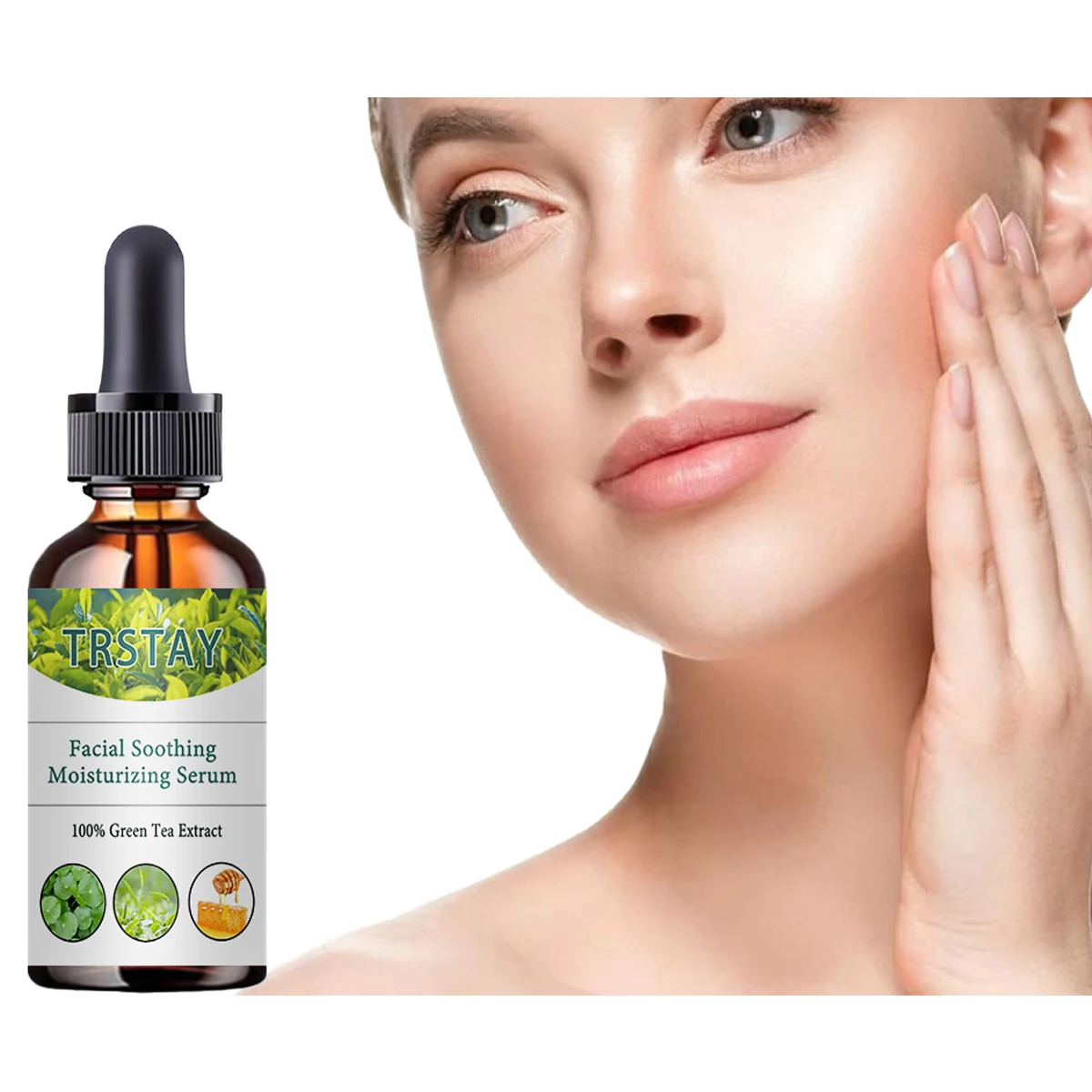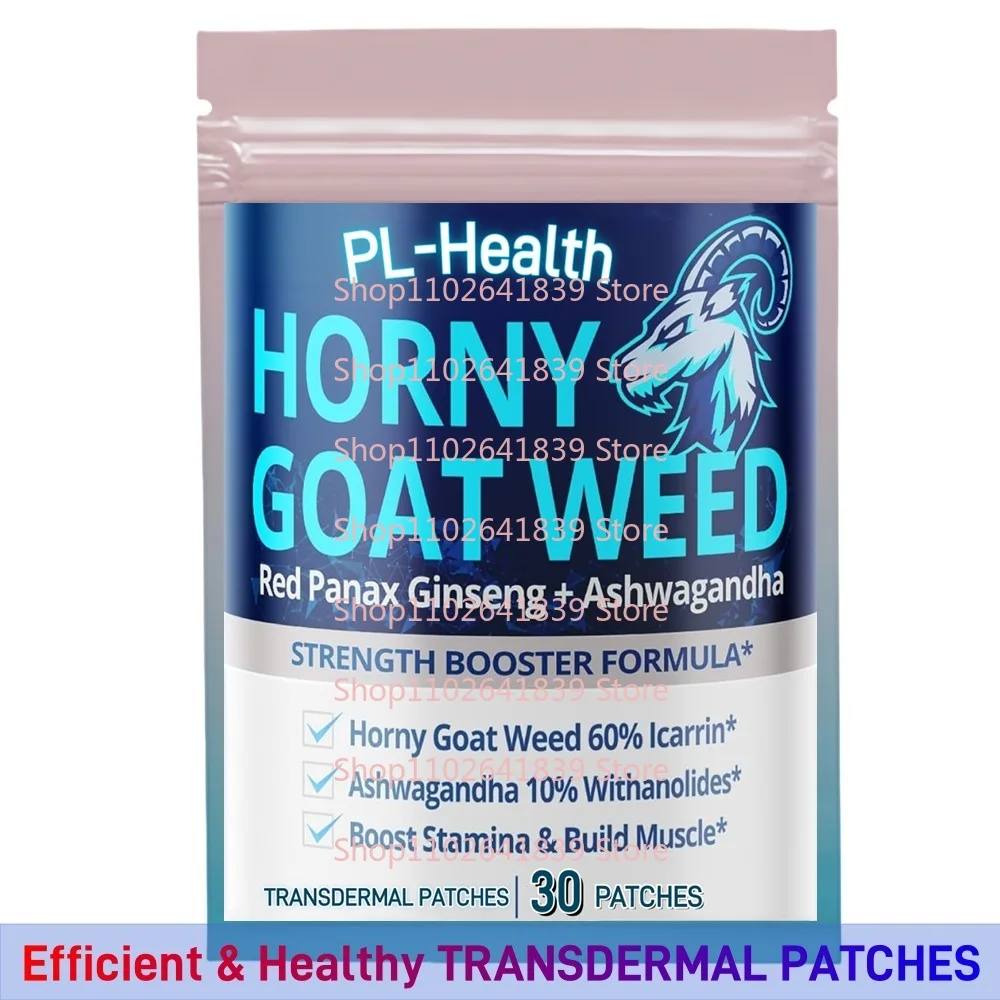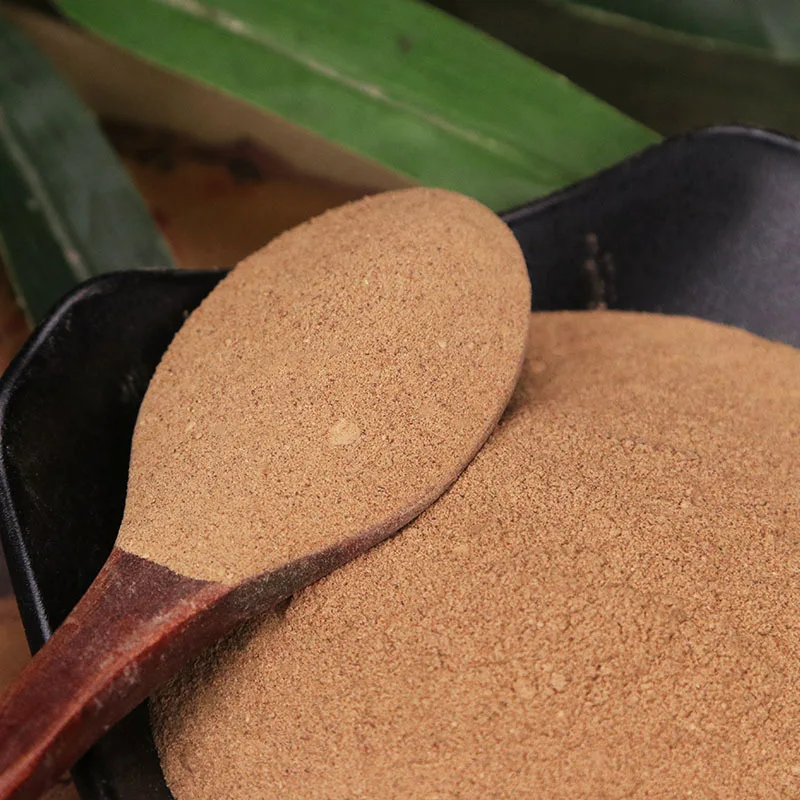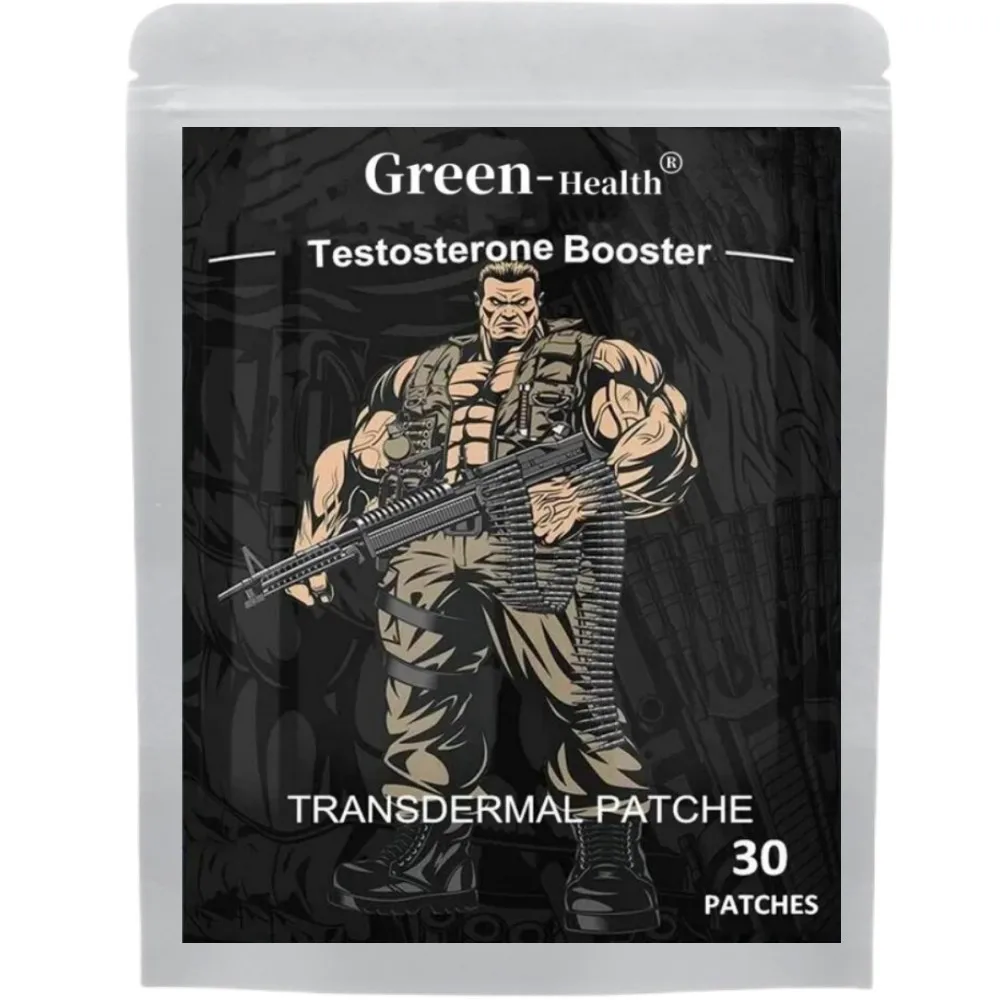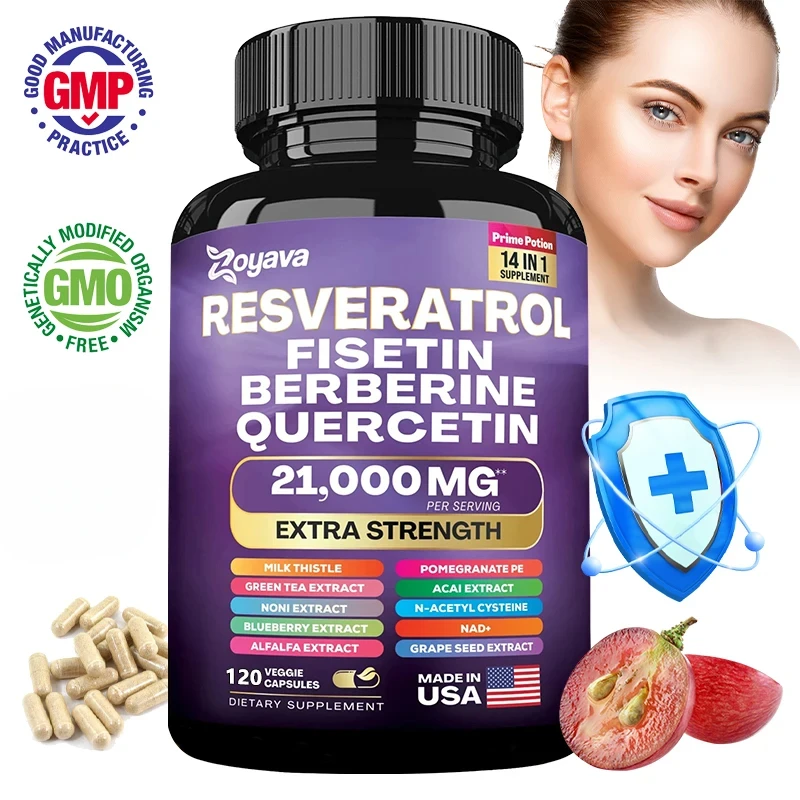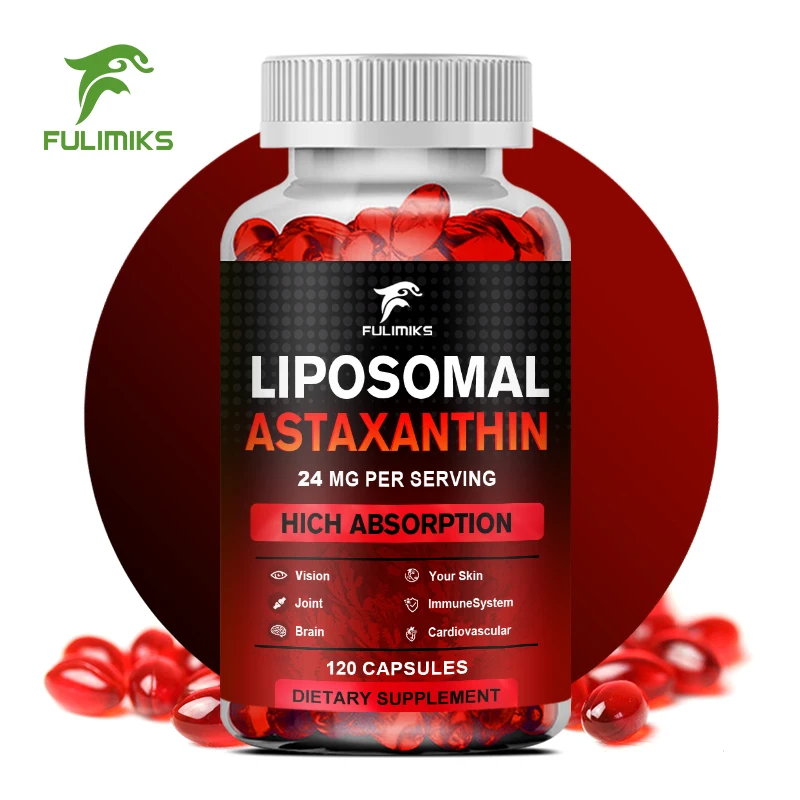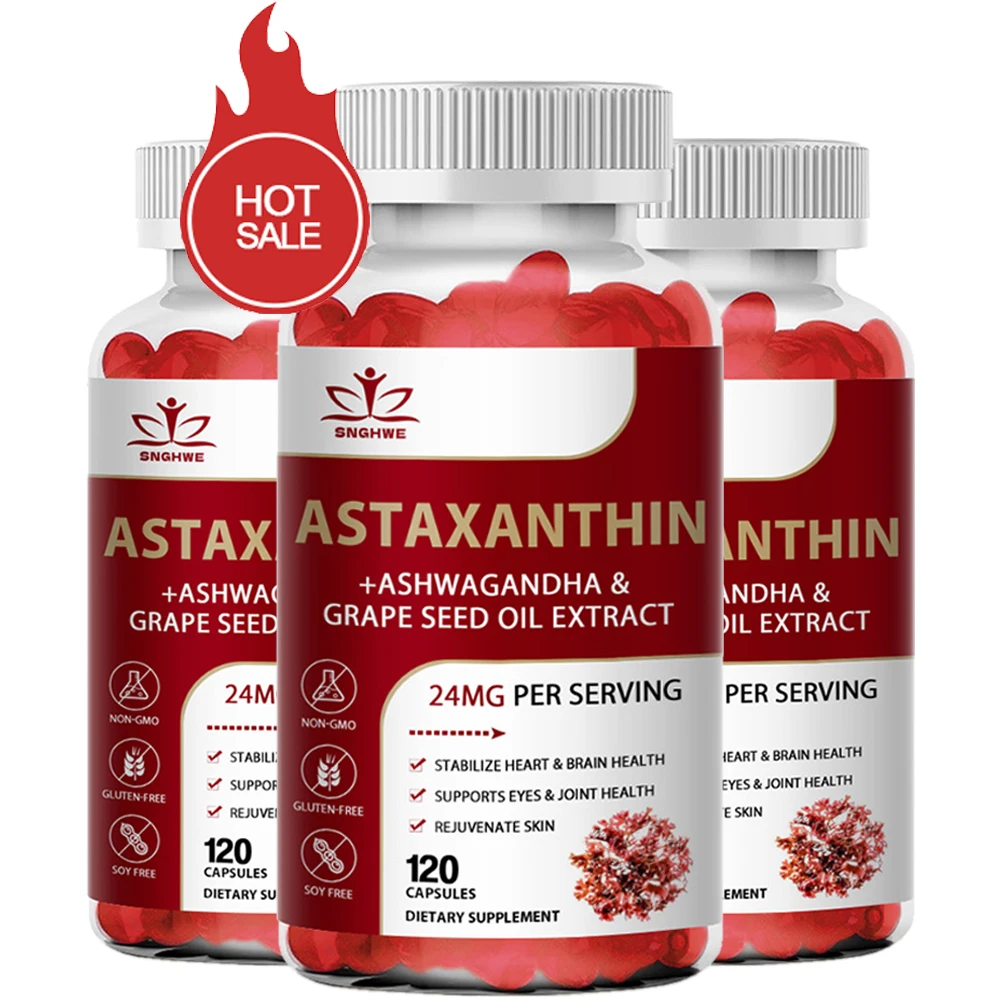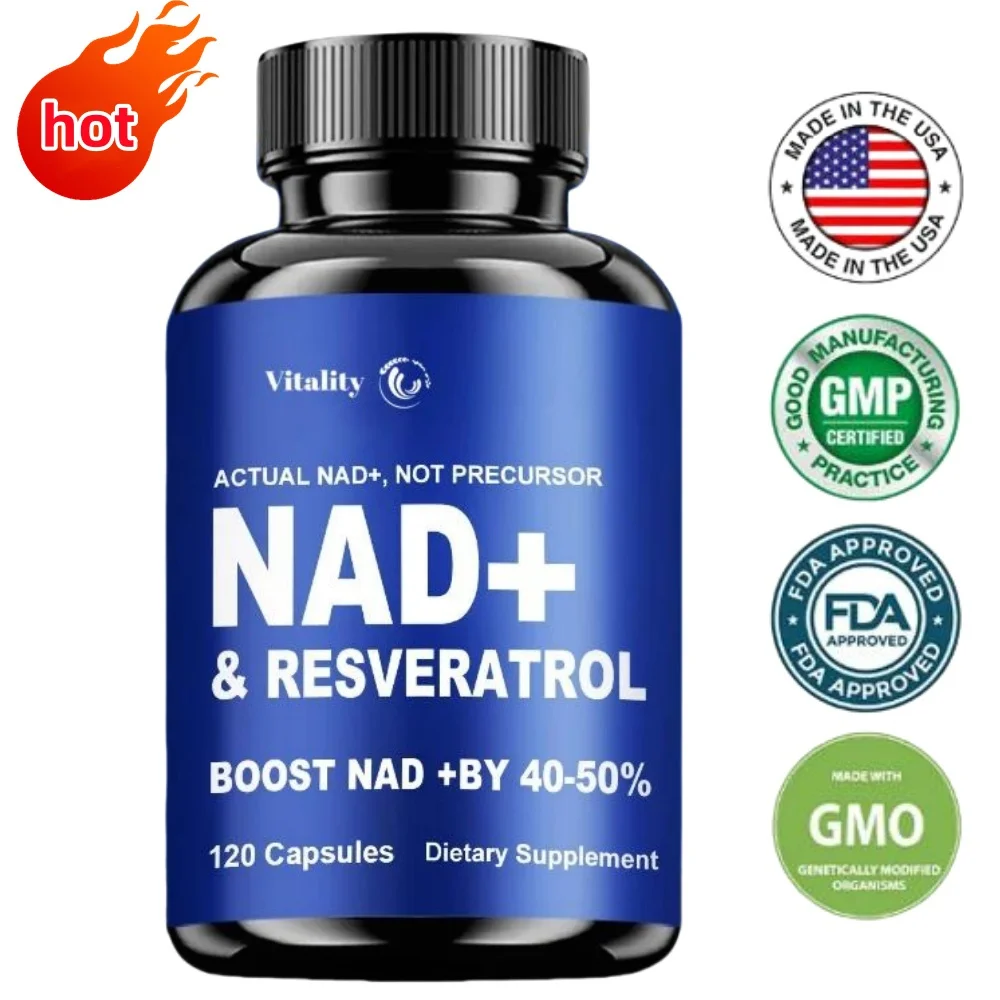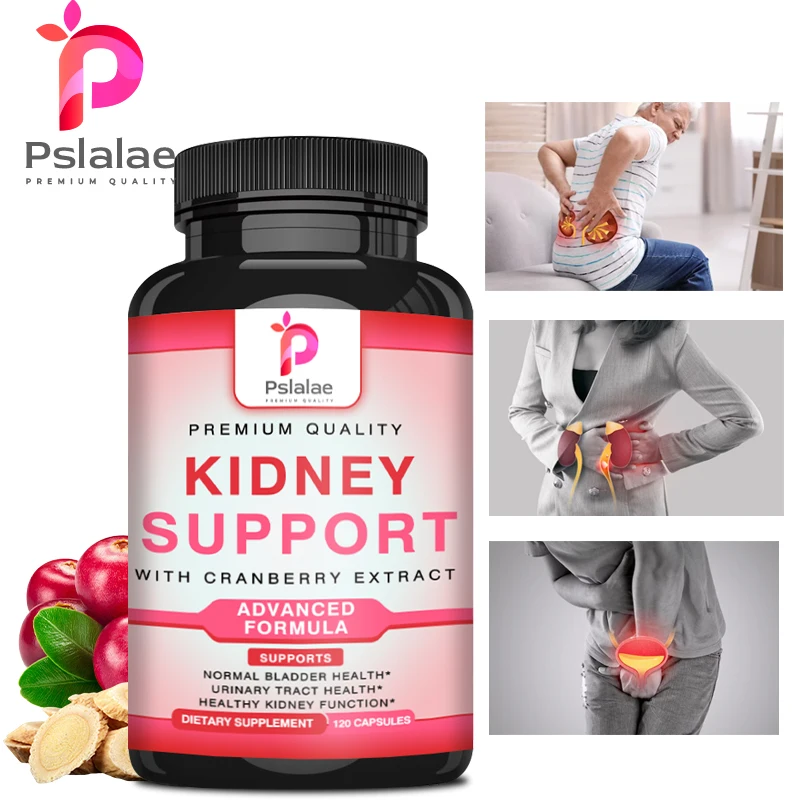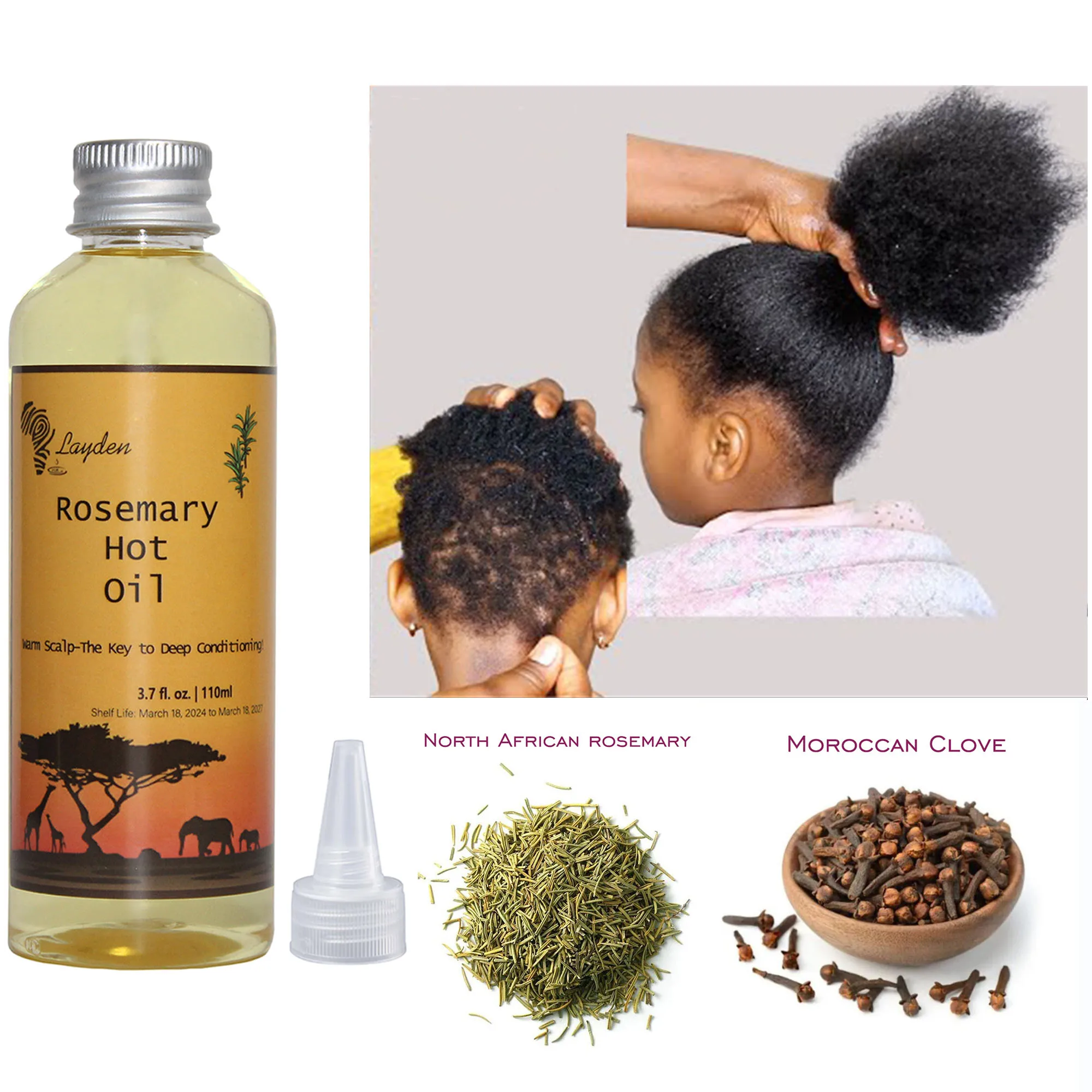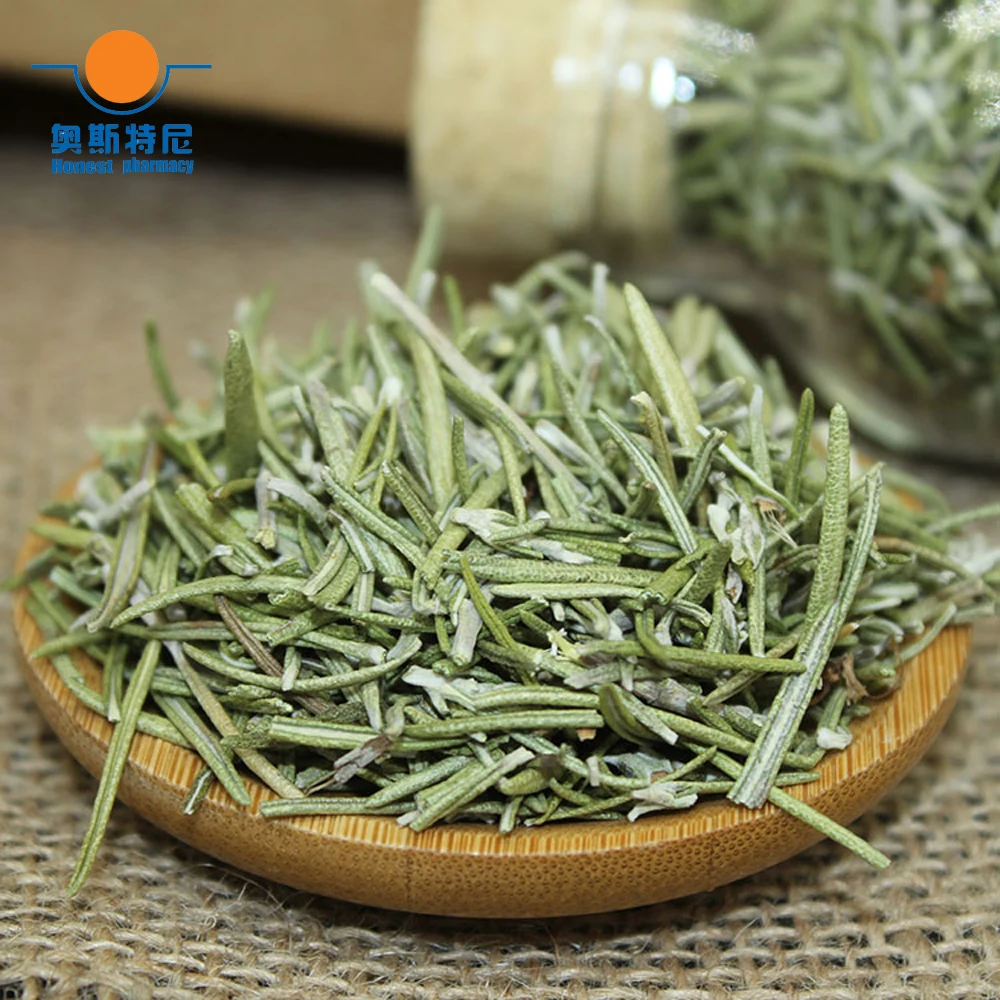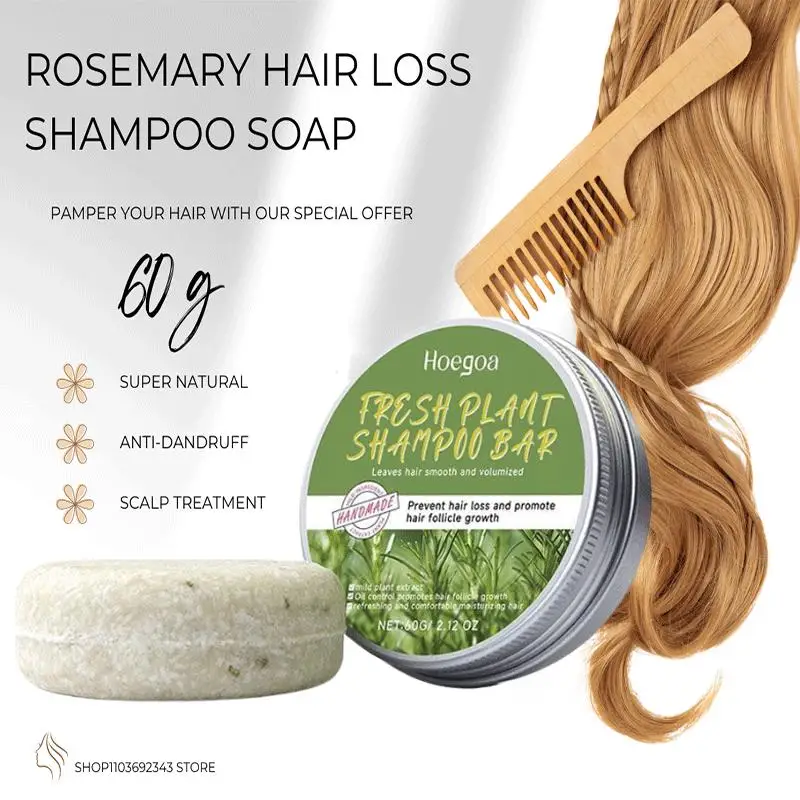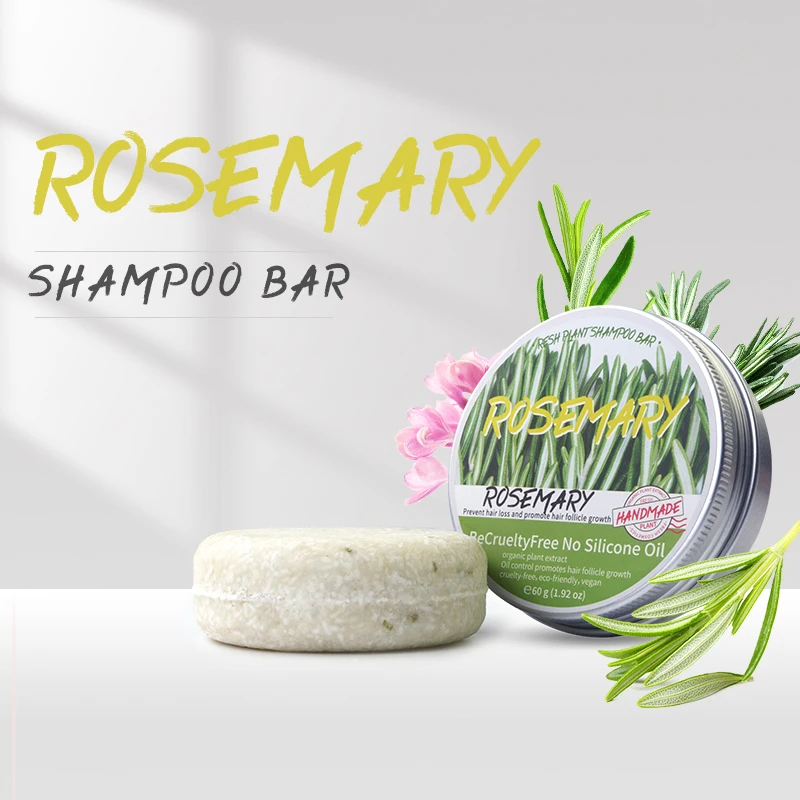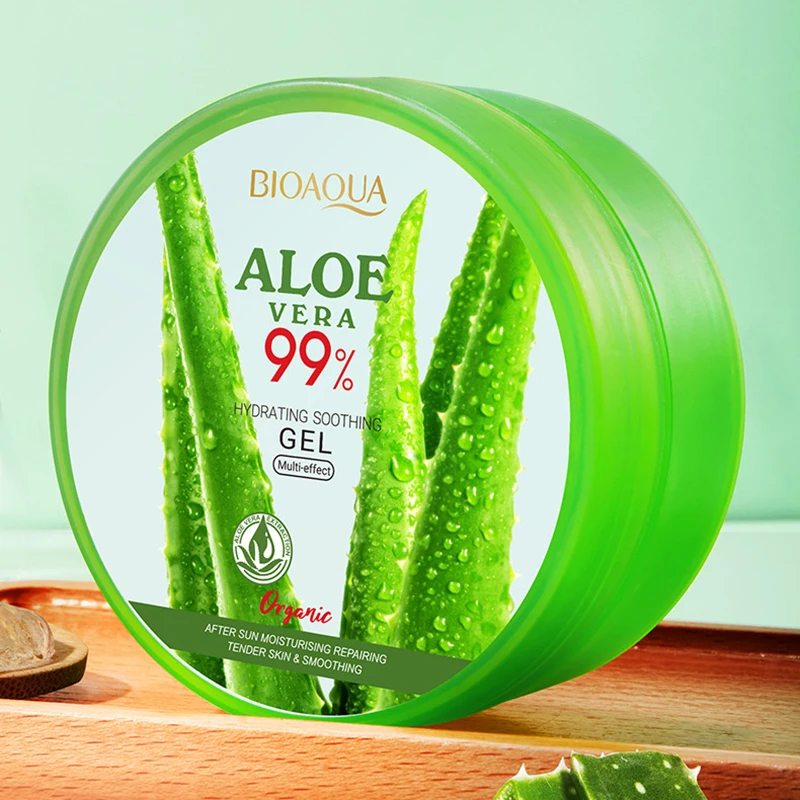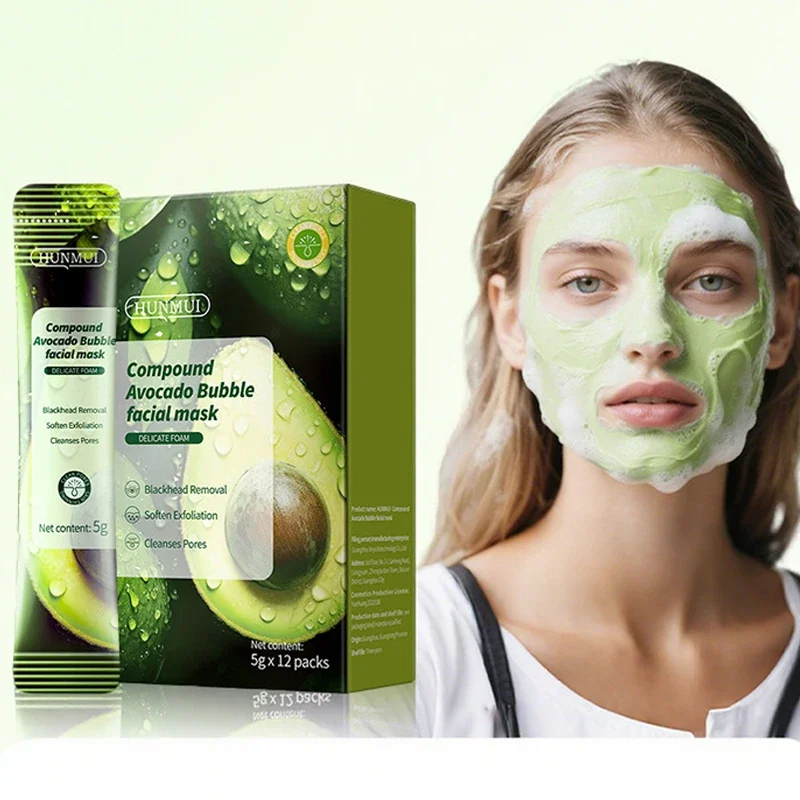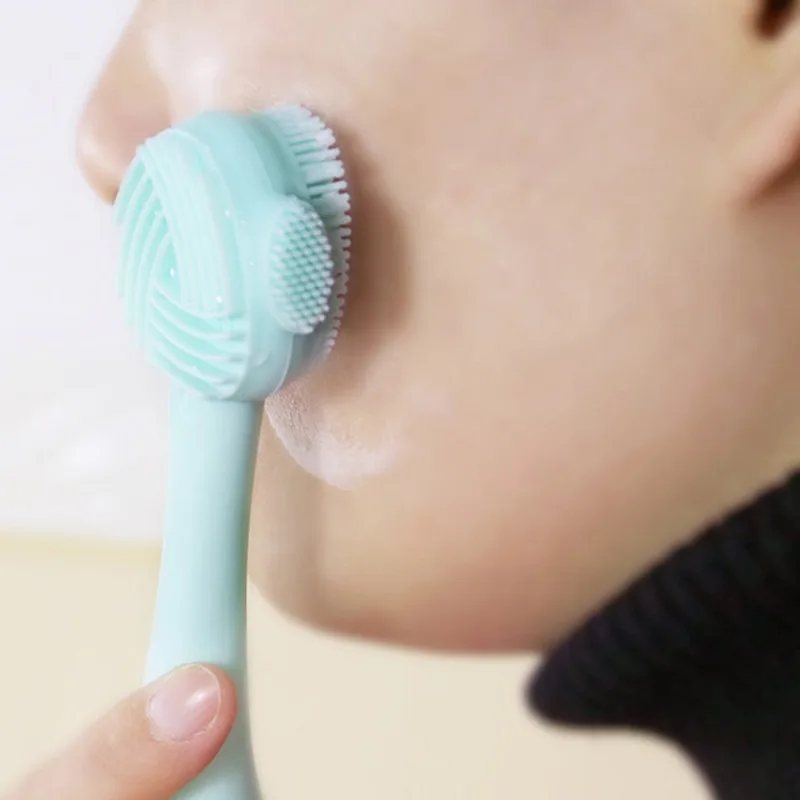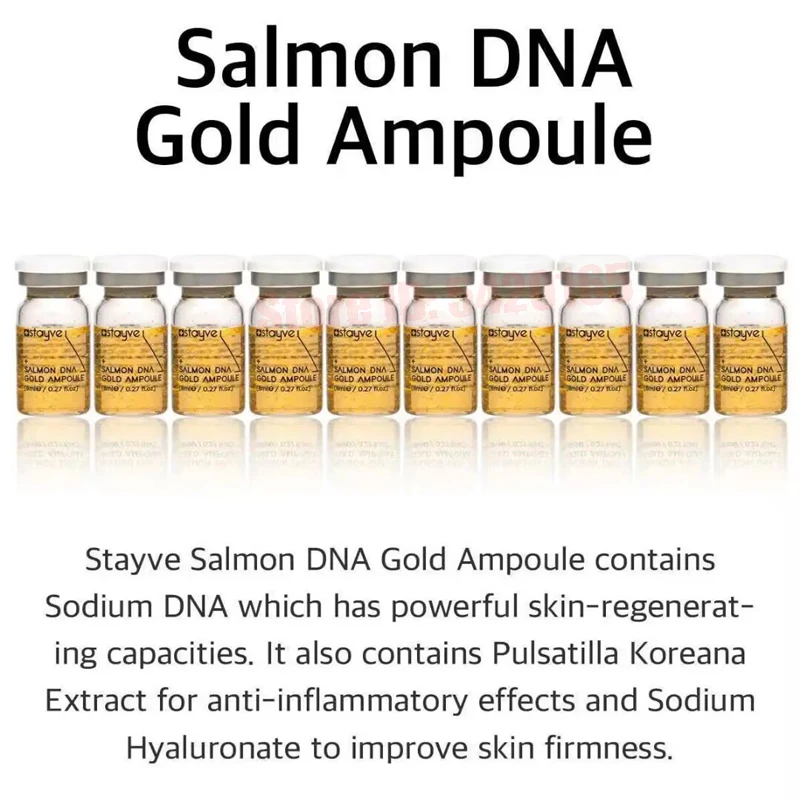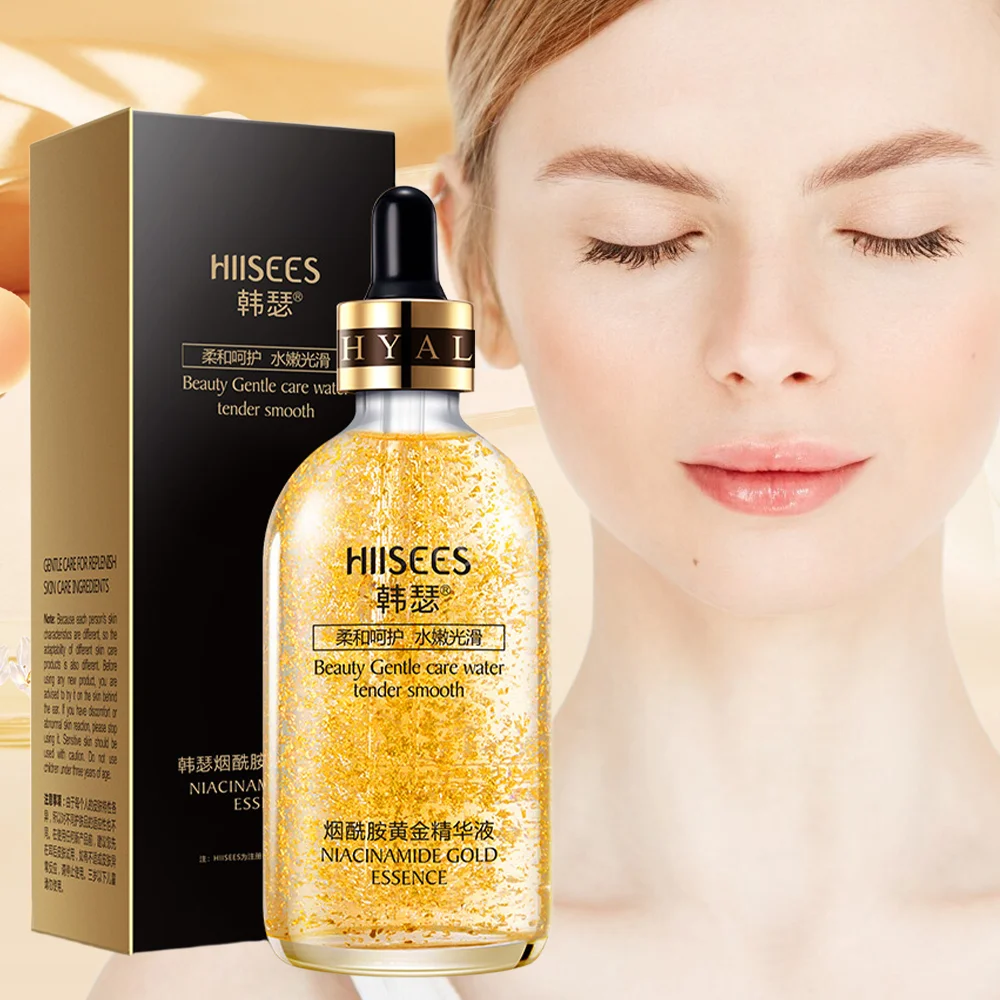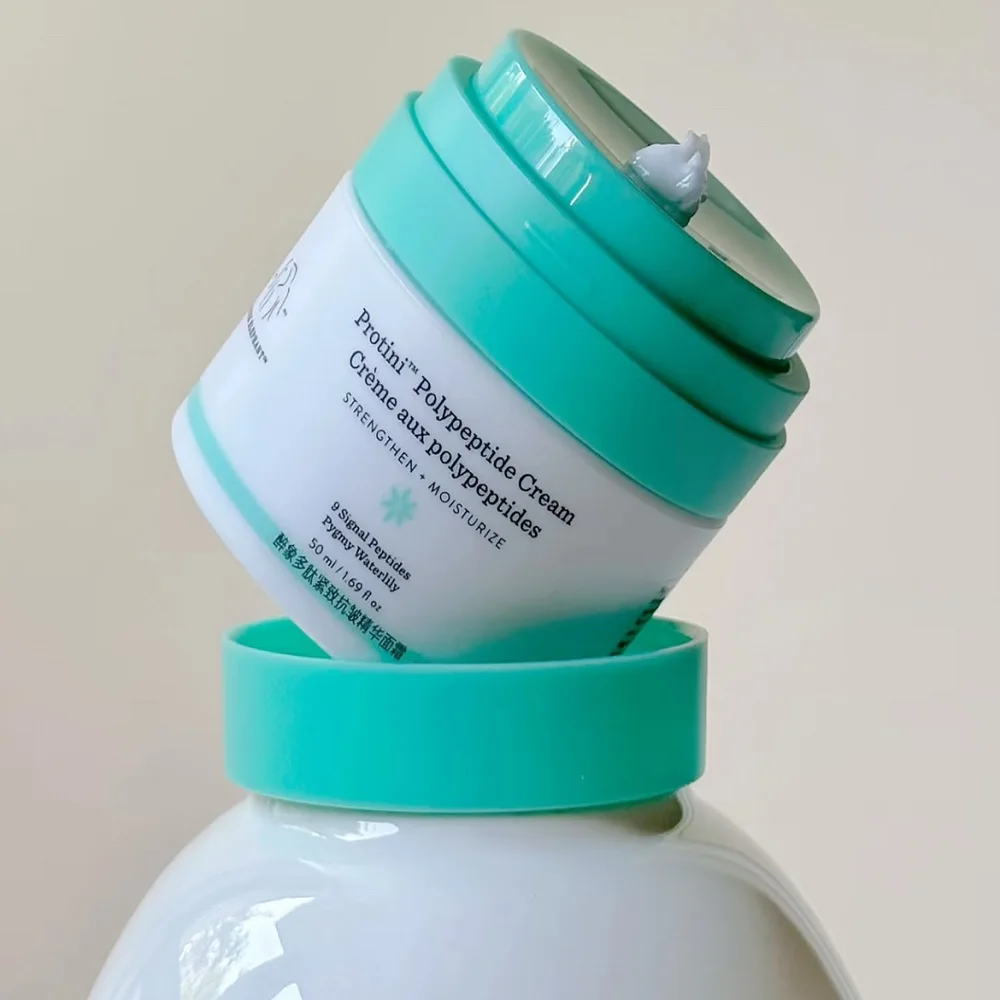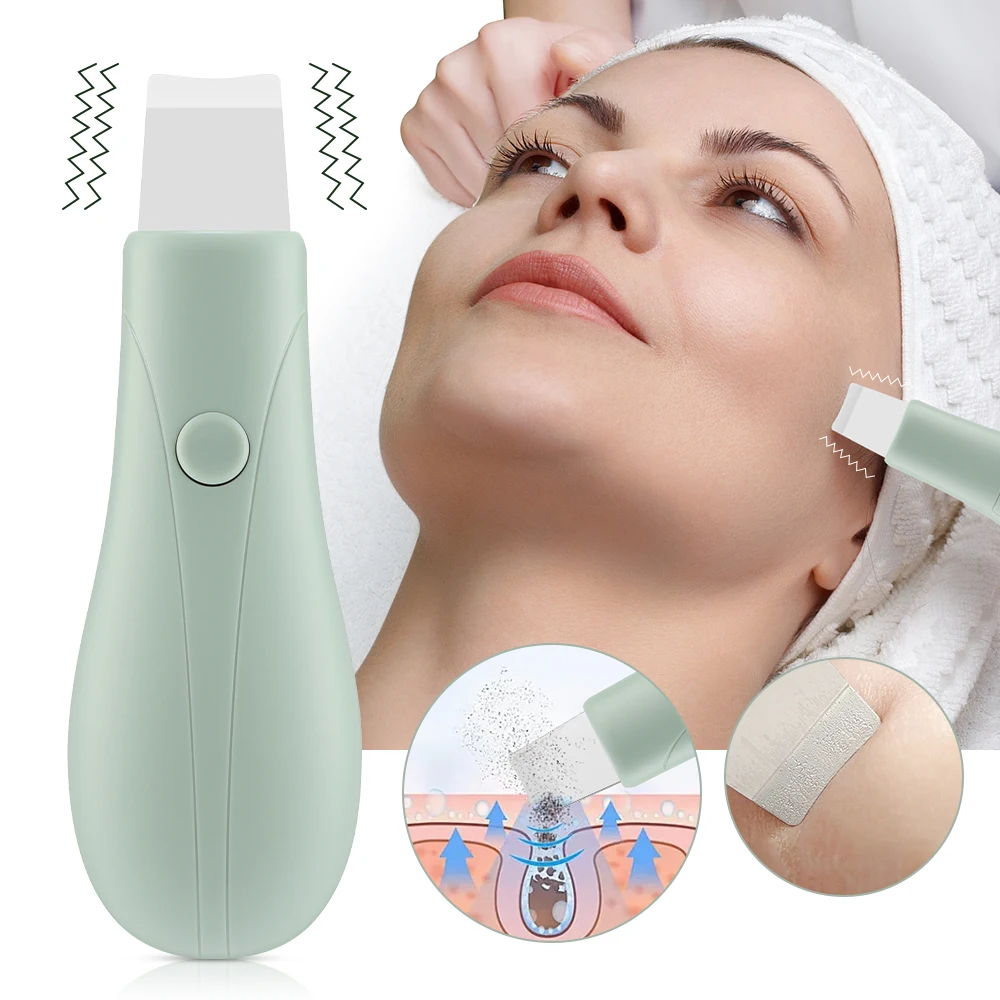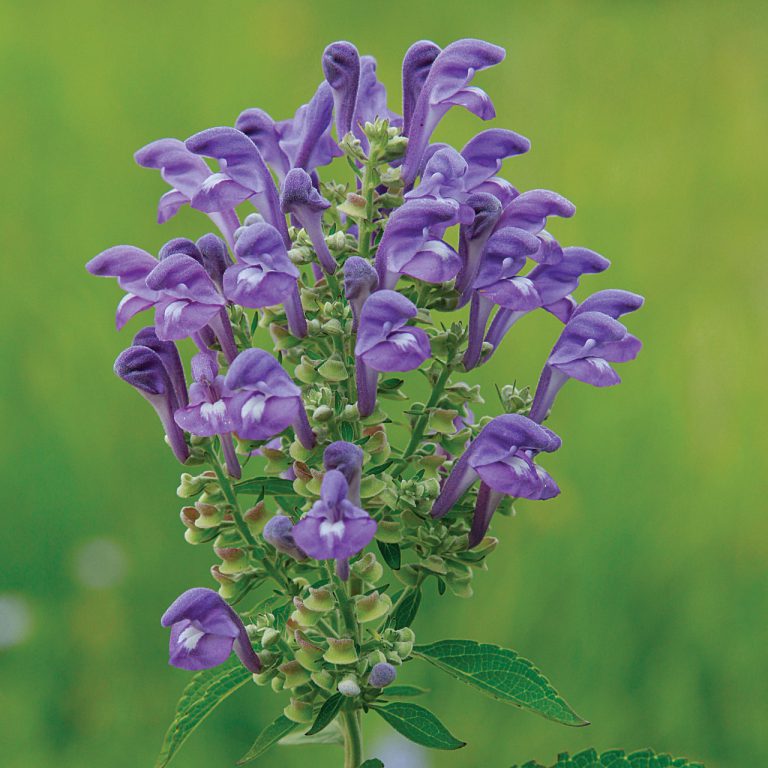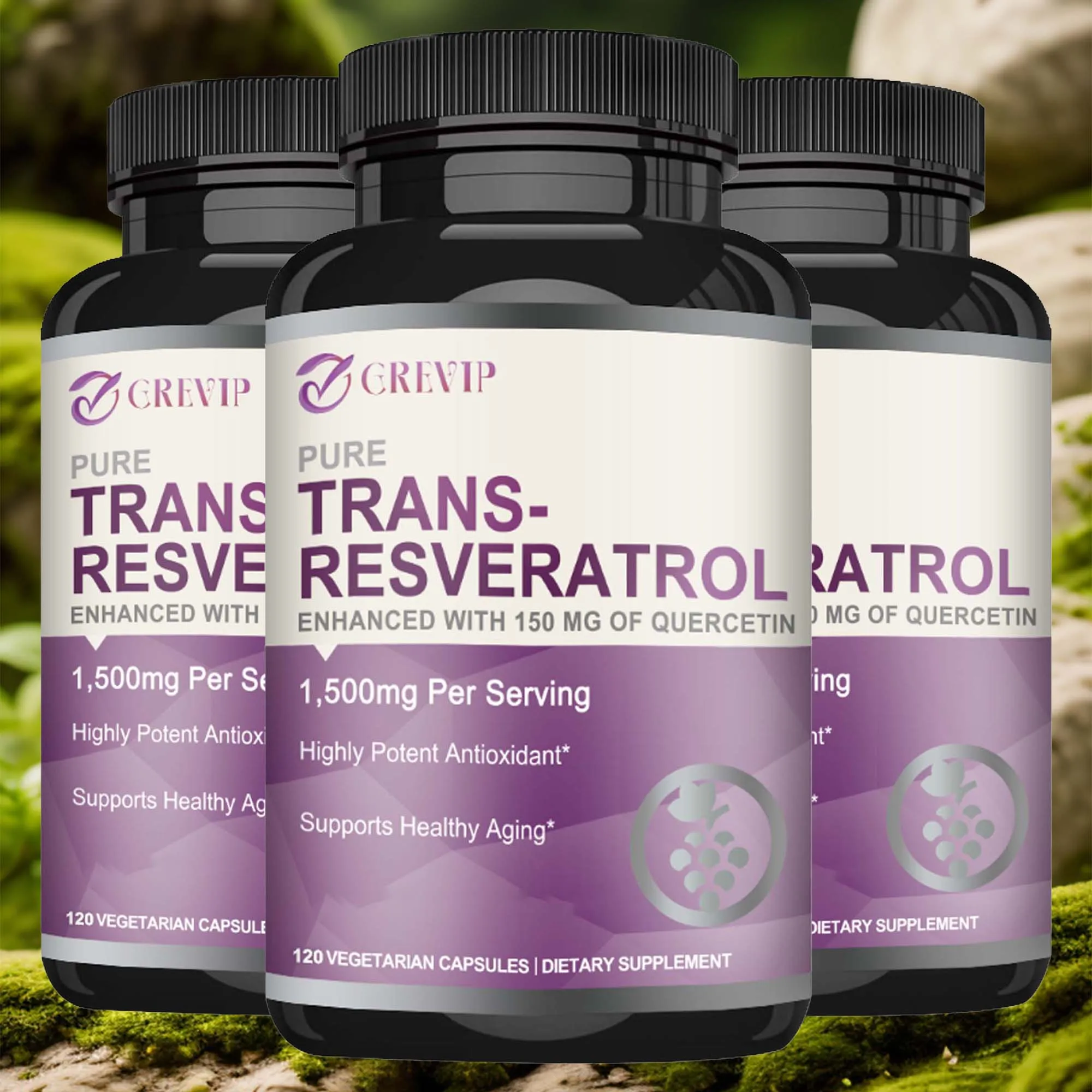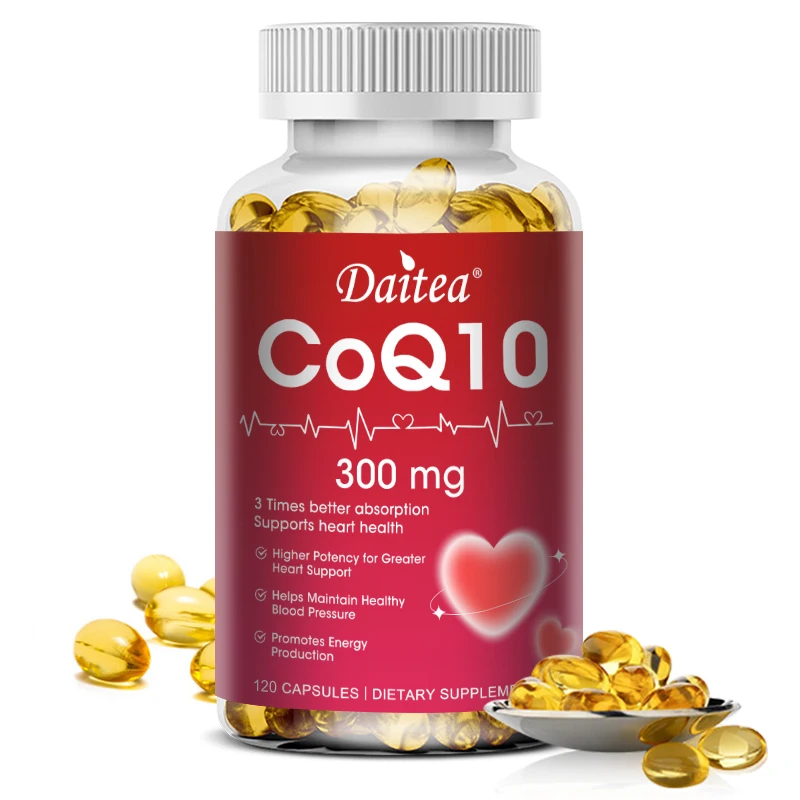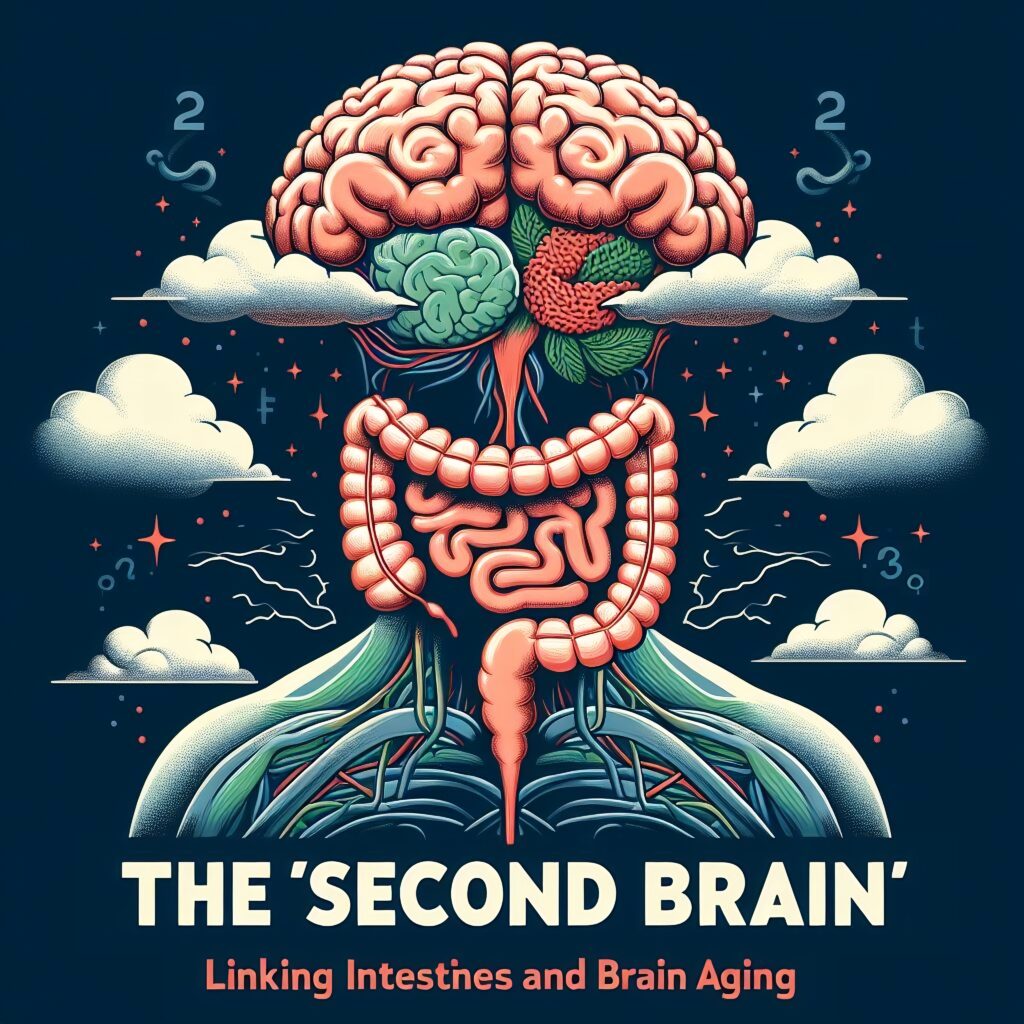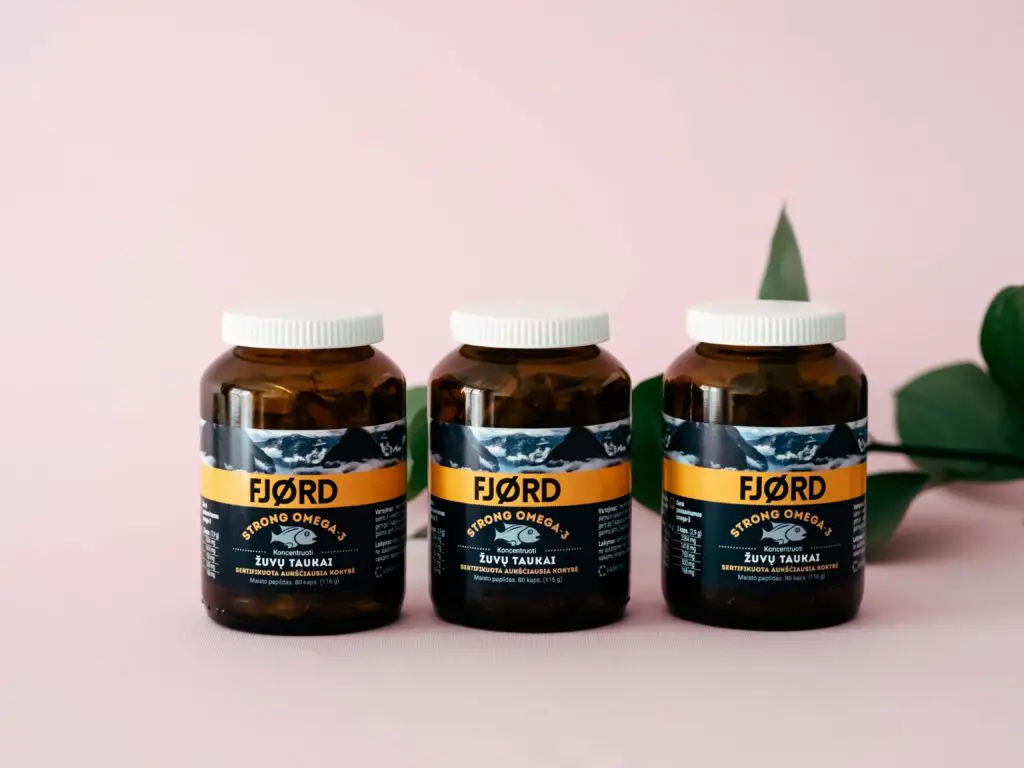Introduction
With the possible exception of teenagers, just about everyone wants to look younger. It’s no surprise that the age-defying industry is booming, as people are willing to spend significant amounts of money each year in the pursuit of a youthful appearance.
While expensive creams and beauty procedures may offer some temporary results, the true secret to defying the aging process lies in the adjustments we make in our lives and daily routines.
In fact, there are several common habits that can unknowingly speed up the aging process, taking a toll on our appearance and overall health. These habits can silently contribute to fine lines, wrinkles, dull skin, and a tired, aged look. It’s crucial to be aware of these detrimental practices so that we can take proactive steps to counteract their effects.
In this article, we will explore 15 of these bad habits that have the power to age us faster than we realize. By understanding and addressing these habits, we can regain control over our aging process and maintain a more youthful, vibrant appearance. So let’s dive in and discover the surprising culprits that may be adding years to our faces and bodies without our noticing.
Number 1 – Indulging in Sugary Treats
If you usually say yes to dessert and other treats, such as pastries and candy bars, you may unknowingly be contributing to your own premature aging. While indulging in sugary delights may provide temporary satisfaction, the long-term effects on your appearance can be significant.
One of the primary culprits behind the aging process accelerated by sugar is inflammation. Sugar consumption causes widespread inflammation throughout the body, which can pave the way for various diseases and conditions. Moreover, this inflammation directly impacts your appearance. The presence of excess sugar molecules initiates a biochemical process known as glycation. This process damages collagen and elastin, the proteins responsible for keeping our skin firm and youthful. As a result, your skin can appear tired, puffy, and wrinkled, prematurely revealing the signs of aging.
However, the consequences of regularly giving in to the temptation of sugary treats go beyond just physical appearance. Consistently indulging in unhealthy foods can lead to a loss of confidence and self-trust. Knowing that you are not making choices aligned with your long-term well-being can erode your self-esteem and hinder your overall happiness.
On the other hand, embracing a consistent healthy diet can have profound effects on your appearance and well-being. By nourishing your body with nutrient-rich foods and minimizing your intake of sugar and processed treats, you can achieve more of what you truly desire—a happier, more youthful future. A diet rich in fruits, vegetables, lean proteins, and whole grains provides your body with essential vitamins, antioxidants, and minerals that support healthy skin, strong hair, and vibrant energy levels. Making conscious choices to prioritize your long-term health will not only help you look younger but also feel more confident and empowered in the process.
Number 2 – Skimping On Sleep
Scientific studies have unequivocally demonstrated that consistently sleeping less than seven hours per night can have detrimental effects on both your lifespan and your overall appearance. Inadequate sleep can make you look and feel significantly older than your actual age, and the consequences extend far beyond just tired eyes and a lack of energy.
First and foremost, not getting enough sleep deprives you of the mental and physical energy necessary to navigate through a typical day. It can leave you feeling drained, sluggish, and unable to perform at your best, which can negatively impact your personal and professional life. Without sufficient sleep, it becomes increasingly challenging to thrive and excel in various aspects of life, hindering your overall success and fulfillment.
Moreover, insufficient sleep takes a toll on your body, including vital organs such as the brain and heart. Sleep is a crucial time for healing and detoxification processes to occur, promoting a strong and resilient mind and body. During sleep, the hormone melatonin plays a vital role in cellular repair, helping to ward off the development of diseases like cancer. Additionally, human growth hormone is produced during sleep, contributing to good muscle tone and maintaining youthful vitality.
By consistently not allowing yourself enough sleep, you disrupt these essential restorative processes, compromising your physical and mental well-being. The cumulative effects can be significant, leading to accelerated aging, decreased cognitive function, and increased vulnerability to various health issues.
To prioritize your longevity and youthful appearance, it is crucial to prioritize quality sleep. Establishing healthy sleep habits, such as maintaining a consistent sleep schedule, creating a relaxing bedtime routine, and ensuring a comfortable sleep environment, can significantly enhance the quantity and quality of your sleep. By dedicating the necessary time for adequate rest, you can optimize your body’s natural healing mechanisms, support cognitive function, and preserve your youthful vigor.
Remember, sleep is not a luxury but a fundamental need for your overall health and well-being. By valuing and prioritizing your sleep, you can unlock the rejuvenating benefits that will not only help you look younger but also enable you to lead a vibrant and fulfilling life.
Number 3 – The Way You Sleep
Did you know that the way you sleep can have a significant impact on your facial appearance? It’s true! Sleeping with your face smashed into a pillow night after night can actually make you look years older than you are. The continuous pressure and friction exerted on your skin can lead to various aging effects that become more pronounced over time.
When you consistently press your face into a pillow, it causes trauma to the delicate skin on your face. This trauma, combined with the friction caused by a cotton pillowcase, can result in the formation of permanent creases and wrinkles. Collagen, the protein responsible for maintaining the skin’s firmness and elasticity, gradually breaks down under this constant pressure, exacerbating the aging process.
Furthermore, sleeping with your face pressed into a pillow hinders proper circulation to the affected areas. Impaired circulation restricts the flow of oxygen and nutrients to the skin, compromising its ability to regenerate and repair itself. Over time, this can lead to a dull and lackluster complexion, contributing to an older appearance.
To combat this problem, there are a couple of solutions you can try. Firstly, consider adjusting your sleeping position and try to sleep on your back. Sleeping on your back allows your face to remain free from direct contact with the pillow, minimizing the risk of developing sleep-induced wrinkles and creases.
Alternatively, you can opt for a silk pillowcase. Silk pillowcases offer multiple benefits for your skin. They reduce friction, allowing your face to glide smoothly across the surface without causing unnecessary trauma. Additionally, silk contains amino acids that closely resemble those found in your moisturizers. This similarity means that silk pillowcases won’t draw moisture from your face like some other materials can, helping to keep your skin hydrated and supple.
By adopting these simple changes, you can mitigate the negative effects of sleeping habits that contribute to premature aging. Whether it’s adjusting your sleeping position or investing in a silk pillowcase, taking care of your skin during sleep can go a long way in maintaining a youthful and radiant appearance. So, rest your head on a silk pillowcase or try sleeping on your back to wake up to smoother, more rejuvenated skin each day.
Number 4 – Crash Dieting
It’s natural to desire quick weight loss, especially when you have an upcoming vacation on the horizon and want to shed those extra pounds. However, succumbing to crash diets and rapid weight loss methods is never a wise decision. While these quick fixes may seem tempting, they are not sustainable long-term solutions and can even pose a threat to your overall well-being.
Research indicates that crash dieting can have adverse effects on both your physical and mental health, making you feel older than your years. One of the immediate consequences of crash dieting is a significant reduction in energy levels. Drastically cutting calories and nutrients deprives your body of the fuel it needs to function optimally, leaving you feeling fatigued and drained.
Furthermore, crash dieting can negatively impact your concentration and cognitive function. Inadequate intake of essential nutrients affects your brain’s ability to perform at its best, impairing your focus, memory, and overall mental clarity. This can hinder your daily productivity and leave you feeling mentally exhausted.
The toll of crash dieting extends beyond energy and cognitive decline. It can also take a toll on your emotional well-being, leading to feelings of depression, irritability, and mood swings. Rapid weight loss often involves severe restrictions and deprivation, which can disrupt the delicate balance of neurotransmitters in the brain, impacting your mood and emotional stability.
From a physical standpoint, crash dieting can have visible effects on your skin. Rapid weight loss doesn’t give your skin enough time to adjust and adapt to the changes, potentially resulting in sagging and wrinkles. The elasticity of your skin can be compromised, leading to a loss of firmness and a prematurely aged appearance.
Number 5 – Exercising Only To Lose Weight
If your exercise routine is limited to the start of each year, driven solely by the desire to fit into your jeans, you may be missing out on the long-term benefits exercise can provide for your overall longevity. Numerous studies have shown that regular exercise plays a crucial role in preventing age-related diseases and extending your lifespan.
Engaging in daily exercise has a profound impact on your health and well-being. It helps lower cortisol levels, the stress hormone, and increases the release of beneficial hormones, such as endorphins, which contribute to a sense of well-being and happiness. Regular physical activity also helps control high blood pressure, reducing the risk of cardiovascular diseases, and promotes a healthier mood by alleviating symptoms of depression and anxiety.
Furthermore, maintaining a consistent exercise routine as we age keeps our bodies strong and flexible. Regular physical activity helps preserve muscle mass, bone density, and joint flexibility, which are essential for maintaining mobility and preventing falls and injuries as we grow older.
It’s essential to approach exercise with a mindset of pleasure and enjoyment rather than viewing it as a punishment or a chore. Taking pleasure in moving your body and embracing the rush of blood, sweat, and endorphins that accompanies exercise can help make it a sustainable and enjoyable ritual in your life.
By making exercise a regular part of your lifestyle, you are investing in your long-term health and longevity. Embrace activities that you genuinely enjoy, whether it’s dancing, swimming, hiking, or playing a sport. Find ways to make exercise a fun and fulfilling experience, such as joining group classes, listening to your favorite music while working out, or exploring the beauty of nature during your physical activities.
Remember, exercise is not just about fitting into your jeans or achieving a certain aesthetic. It’s about nurturing your body, improving your overall well-being, and enhancing your quality of life. So, let go of the all-or-nothing mentality and cultivate a positive relationship with exercise—one that brings you joy, vitality, and a healthier, more fulfilling journey through life.
Number 6 – Not Taking Time For Yourself
When was the last time you truly prioritized taking time for yourself? In our busy lives, it often feels impossible to carve out even an hour or an evening solely dedicated to self-care. However, the truth is that nobody else is going to create that time for you—it’s something you must do for yourself. Not only is it crucial for your overall well-being, but it also plays a significant role in preventing premature aging.
Creating space for “me-time” is an essential practice in nurturing your mind, body, and soul. It allows you to recharge, reset, and reconnect with yourself on a deeper level. Small, consistent self-care rituals throughout the day can make a remarkable difference in your overall satisfaction and long-term wellness.
Start by establishing simple yet meaningful “me-time” rituals that you can incorporate into your daily routine. It can be as brief as taking a few moments before bed to write in a journal, reflecting on your thoughts, feelings, and experiences. This practice promotes self-reflection, mindfulness, and emotional well-being.
Alternatively, consider taking a walk around the block in the morning as a way to start your day on a positive note. Engaging in physical activity, even for a short duration, boosts endorphins, improves blood circulation, and energizes both your body and mind.
These seemingly small acts of self-love and self-care may appear insignificant, but their impact is far-reaching. By consistently dedicating time for yourself, you cultivate a sense of self-worth, self-compassion, and self-satisfaction. These positive emotions contribute to overall well-being, reducing stress levels and promoting a more youthful and radiant appearance.
Making self-care a priority is not selfish; it is a necessary investment in your own health and happiness. Remember, you deserve to prioritize your own needs and nourish your mind, body, and spirit. By valuing and dedicating time for yourself, you create a foundation of self-love and self-care that will positively impact your long-term wellness journey.
So, start by incorporating small “me-time” rituals into your daily routine. Whether it’s journaling, taking a walk, practicing meditation, or indulging in a hobby you love, find what brings you joy and peace. Embrace these moments of self-care as essential practices that will enhance your overall well-being, promote self-satisfaction, and contribute to your long-term vitality and happiness.
Number 7 – Drinking From Bottles And Through Straws
Believe it or not, something as seemingly harmless as drinking from a bottle or through a straw can contribute to the formation of fine lines and wrinkles around your mouth. The repetitive motion of puckering your lips while sipping can gradually lead to the development of these unwanted signs of aging.
Dermatologists advise individuals who are prone to fine lines and wrinkles around their mouth to consider avoiding the use of straws altogether and opt for drinking directly from a glass instead. By eliminating the puckering action associated with using a straw, you can minimize the repetitive muscle motion that contributes to the formation of lines and wrinkles.
If kicking the straw habit proves to be a challenge, there is still a simple technique you can employ to help reduce the impact on your skin. Try to consciously relax your upper lip when using a straw or bottle. By consciously keeping your upper lip relaxed instead of tightly puckering, you can help prevent the formation of unwanted lines.
It’s important to note that while the impact of using a straw or drinking from a bottle may not be immediately noticeable, over time, the cumulative effects can become more evident. Fine lines and wrinkles around the mouth can contribute to an aged appearance, and taking proactive steps to minimize their formation is a wise investment in your skin’s long-term health and youthfulness.
In addition to being mindful of your drinking habits, it’s also crucial to incorporate a comprehensive skincare routine that includes moisturizing and protecting the delicate skin around your mouth. Hydrating the area with a nourishing lip balm or cream can help keep the skin supple and reduce the visibility of fine lines.
Remember, prevention is key when it comes to maintaining youthful-looking skin. By being conscious of your habits, such as how you drink, and making small adjustments like avoiding straws or relaxing your upper lip, you can help minimize the development of fine lines and wrinkles around your mouth. So, the next time you reach for a drink, consider reaching for a glass instead and take proactive steps to preserve your skin’s natural beauty.
Number 8 – Holding Onto Grudges
Life is undoubtedly short and precious, and it’s important to recognize that holding onto grudges only detracts from the quality of our limited time. Learning the art of forgiveness and letting go can have profound effects, not only on our emotional well-being but also on our physical health. It has the potential to add years to our lives and make the remaining years more productive and fulfilling.
Harboring grudges takes a toll on our mental and emotional state. It can lead to increased stress, anxiety, and depression, affecting our overall psychological well-being. By learning to forgive, we release the negative emotions that weigh us down and free ourselves from the burden of resentment. This release allows us to experience greater peace of mind and emotional freedom, promoting a healthier and more balanced state of being.
But the benefits of forgiveness extend beyond our mental and emotional health—they have a tangible impact on our physical well-being as well. Numerous studies have demonstrated that forgiveness is associated with better physical health outcomes. People who practice forgiveness often experience lower blood pressure, reduced risk of heart disease, and improved immune function.
When we hold grudges, our bodies are perpetually in a state of stress, leading to increased cortisol levels and inflammation. This chronic stress takes a toll on our cardiovascular system and weakens our immune response. By letting go and forgiving, we reduce the stress burden on our bodies, promoting better overall health and resilience.
Additionally, forgiveness has a profound impact on our spiritual well-being. It allows us to cultivate compassion, empathy, and understanding, fostering a deeper connection with ourselves and others. This spiritual growth can bring a sense of purpose, fulfillment, and inner peace, enhancing our overall quality of life.
Moreover, practicing forgiveness can even have visible effects on our physical appearance. When we hold grudges, we often furrow our brows and frown, contributing to the formation of wrinkles. By embracing forgiveness and letting go of anger and resentment, we alleviate the habitual facial expressions associated with holding grudges, potentially resulting in a smoother and more youthful appearance.
In summary, life is too valuable to waste on holding grudges. By learning to forgive and let go, we can experience a multitude of benefits, including improved physical, psychological, and spiritual well-being. Forgiveness reduces stress, anxiety, and depression, leading to better overall mental health. It also contributes to lower blood pressure, reduced risk of heart disease, and enhanced immune function. Furthermore, forgiveness promotes spiritual growth and connection, bringing a greater sense of purpose and fulfillment to our lives. So, let go of grudges, embrace forgiveness, and open yourself up to a happier, healthier, and more vibrant existence.
Number 9 – Not Using Sunscreen Every Day
Overexposure to UV radiation is widely recognized as one of the primary culprits behind accelerated skin aging. The harmful effects of UV rays on our skin make it crucial to prioritize sun protection measures, even on cloudy days. Contrary to popular belief, clouds only offer limited protection, blocking approximately 20 percent of UV rays. The remaining percentage can still penetrate the atmosphere and reach our skin, leading to various detrimental effects.
UV radiation triggers the production of free radicals within the skin. These unstable molecules cause oxidative stress, resulting in damage to vital components such as collagen, elastin, and skin cells. Collagen and elastin provide the structural support and elasticity that keep our skin firm and youthful. When damaged, they can lead to the appearance of fine lines, wrinkles, sagging, and a loss of overall skin vitality.
To counteract the harmful effects of UV radiation, using a broad-spectrum sunscreen with a sun protection factor (SPF) of at least 30 is essential. Broad-spectrum sunscreens protect against both UVA and UVB rays, ensuring comprehensive defense against skin-damaging radiation. UVA rays are associated with long-term skin damage, including premature aging, while UVB rays are primarily responsible for sunburns.
By applying sunscreen regularly and in adequate amounts, you create a physical barrier that helps prevent UV rays from penetrating your skin. Sunscreens work by absorbing, reflecting, or scattering UV radiation, reducing its impact on your skin and minimizing the generation of free radicals. This protection allows your skin to maintain its collagen and elastin integrity, promoting a more youthful and radiant appearance.
It’s important to note that sunscreen should be used not only on sunny days but also on cloudy or overcast days when UV rays can still penetrate through the cloud cover. Additionally, sunscreen should be reapplied every two hours, especially if you’re engaging in outdoor activities or spending an extended period in the sun.
In addition to wearing sunscreen, adopting other sun-safe practices further enhances your skin’s protection against UV damage. Seek shade during peak sun hours, wear protective clothing such as wide-brimmed hats and long-sleeved shirts, and use sunglasses that provide UVA and UVB protection to shield your eyes and the delicate skin around them.
Taking proactive steps to safeguard your skin from UV radiation is crucial in preventing or reversing the signs of premature aging. By incorporating sunscreen with an adequate SPF into your daily skincare routine, you create a vital defense against the harmful effects of UV rays. Protecting your skin from overexposure to the sun helps maintain collagen and elastin integrity, preventing the formation of wrinkles, fine lines, and other age-related skin concerns. So, prioritize sun protection and embrace sunscreen as an indispensable tool in your quest for healthy, youthful-looking skin.
Number 10 – Sweating The Small Stuff
Stress, though not immediately visible, has a profound impact on the aging process by disrupting the delicate chemical balance within our bodies. While the effects of stress may not be immediately apparent on the surface, they gradually manifest over time, leaving visible signs of premature aging if we consistently experience high levels of stress.
When we are stressed, our bodies release stress hormones such as cortisol and adrenaline, which can wreak havoc on various systems and processes. Prolonged exposure to these hormones can lead to inflammation, oxidative damage, and a weakened immune system, all of which contribute to accelerated aging.
The effects of stress on the body can be seen in multiple ways. It can lead to a dull and lackluster complexion, increased skin dryness, the formation of fine lines and wrinkles, and even exacerbate conditions like acne and eczema. Stress can also affect our hair, leading to thinning, breakage, and premature graying. Internally, stress takes a toll on our overall health, leading to conditions such as high blood pressure, cardiovascular issues, and a compromised immune system.
To counteract the negative effects of stress on the aging process, it is essential to adopt strategies that promote relaxation, resilience, and a positive mindset. Rolling with the punches and going with the flow allow us to adapt to challenging situations with greater ease, reducing the stress burden on our bodies. Cultivating a sense of humor and learning to laugh things off whenever possible and appropriate can also help alleviate stress and promote a more youthful outlook on life.
Optimism plays a crucial role in combating stress and its impact on premature aging. By maintaining a positive mindset and embracing optimism, we can shift our perspective and approach challenges with resilience and hope. Optimism not only helps to reduce stress levels but also promotes overall well-being, enhances emotional health, and fosters a sense of empowerment.
Incorporating stress-management techniques into our daily lives is vital for maintaining a youthful appearance and overall well-being. Engaging in activities such as meditation, deep breathing exercises, yoga, or engaging in hobbies that bring joy and relaxation can effectively reduce stress levels. Prioritizing self-care, setting boundaries, and practicing mindfulness are also essential in managing stress and promoting a more balanced and positive lifestyle.
In summary, it’s evident that stress takes a toll on the aging process by disrupting the body’s chemical balance. The effects of stress may not be immediately visible, but over time, they manifest in various ways, accelerating the aging process. By adopting strategies to reduce stress, such as maintaining a positive mindset, embracing optimism, and engaging in stress-management techniques, we can defend ourselves against premature aging. So, roll with the punches, go with the flow, and cultivate optimism to create a foundation for a more vibrant, youthful, and fulfilling life.
Number 11 – Rubbing Your Eyes
If you desire to maintain a youthful appearance, it’s crucial to resist the urge to rub your eyes. While it may provide temporary relief or comfort, frequent eye rubbing can have adverse effects on the delicate skin around your eyes.
When you rub your eyes vigorously, you apply pressure and friction to the area, which can lead to the breakdown of collagen and elasticity. Collagen and elastin are essential proteins that provide strength, elasticity, and firmness to the skin. Over time, the repetitive motion of rubbing your eyes can contribute to the formation of wrinkles, fine lines, and even broken capillaries, which appear as tiny blood vessels near the surface of the skin.
The skin around the eyes is particularly thin and delicate, making it more susceptible to damage. Rubbing your eyes can disrupt the natural structure of this area and compromise its integrity. The repeated pulling and stretching motion can weaken the skin, leading to sagging and a loss of elasticity.
Instead of rubbing your eyes, there are alternative methods to alleviate tired or irritated eyes. One effective approach is to use green tea bags. Green tea contains antioxidants and anti-inflammatory compounds that can help reduce puffiness, soothe irritation, and rejuvenate the skin around the eyes.
To use green tea bags for eye relief, start by brewing two green tea bags in hot water. Allow them to steep for a few minutes and then remove them from the water. Let the tea bags cool down until they are comfortably warm. Gently place the warm tea bags over your closed eyes and relax for about 10 minutes. The soothing properties of green tea, coupled with the warmth, can help alleviate tiredness, reduce inflammation, and provide a calming effect to the eyes.
It’s important to note that the use of green tea bags is just one method among many for eye relief. Other practices, such as applying a cool compress, using artificial tears, or seeking professional advice, may also be suitable depending on the specific cause of eye discomfort or irritation.
By avoiding the habit of rubbing your eyes and opting for gentle remedies like green tea bags, you can help preserve the collagen and elasticity in the delicate skin around your eyes. Taking proactive steps to care for this sensitive area can contribute to a more youthful and refreshed appearance in the long run. Remember, treating your eyes with care and exploring alternative methods of relief will go a long way in maintaining youthful-looking eyes and promoting overall eye health.
Number 12 – OverWorking
Focusing solely on your career at the expense of other areas of your life can have significant consequences, both on your well-being and your overall appearance. While dedicating time and effort to climb the corporate ladder may lead to professional success and promotions, it’s important to consider the toll it takes on your physical health and personal life.
Working excessive hours and taking on overwhelming workloads can leave little time for self-care activities such as exercise, relaxation, and spending quality time with loved ones. Neglecting these essential aspects of life can have detrimental effects on your physical and mental well-being, ultimately making you feel and appear older than you are.
When you work long hours, it becomes increasingly challenging to prioritize regular exercise. Physical activity plays a crucial role in maintaining a healthy weight, boosting energy levels, and promoting overall vitality. Lack of exercise can contribute to weight gain, muscle weakness, and a sedentary lifestyle, all of which can accelerate the aging process and increase the risk of various health issues.
In addition to limited time for exercise, working excessive hours can disrupt your sleep patterns. Sleep deprivation not only leaves you feeling fatigued and drained but also affects your cognitive function, mood, and overall health. The body’s restorative processes, including cell regeneration and repair, occur during sleep, and when deprived of adequate rest, these processes are compromised. Chronic sleep deprivation can lead to a range of issues, including premature aging, weakened immune function, and increased risk of chronic conditions such as heart disease and diabetes.
Furthermore, long working hours can make it challenging to maintain a healthy diet. With limited time for meal preparation, many individuals rely on fast food and unhealthy convenience options, which are typically high in calories, unhealthy fats, and sugar. Poor nutrition can contribute to weight gain, inflammation, and a host of health problems, including premature aging, dull skin, and a weakened immune system.
While career advancement is important, it’s crucial to find a balance that allows you to prioritize your physical health, personal relationships, and overall well-being. Taking breaks, setting boundaries, and practicing effective time management can help create space for exercise, quality time with loved ones, and self-care activities. It’s important to remember that a successful career is just one aspect of a fulfilling life, and neglecting other areas can lead to a sense of imbalance and dissatisfaction.
In summary, the relentless pursuit of career success at the expense of your physical health, personal life, and well-being can have significant consequences. Working excessive hours can deprive you of time for exercise, relaxation, and healthy eating, leading to accelerated aging and diminished overall vitality. Striving for a balanced approach that considers all aspects of your life is crucial for maintaining a youthful appearance, overall well-being, and a sense of fulfillment in both personal and professional spheres.
Number 13 – Central Air And Heating
Low-humidity environments, often associated with central heating and air conditioning systems, can have a significant impact on the condition of your skin. These environments tend to lack moisture, resulting in dry air that can lead to dry skin. While dry skin itself does not directly cause wrinkles, it can make existing wrinkles appear more pronounced and accentuate the signs of aging.
When the air lacks moisture, it can cause the skin to lose its natural hydration, leading to dryness, tightness, and a dull complexion. Dry skin is more susceptible to developing fine lines and wrinkles, as the lack of moisture compromises the skin’s elasticity and plumpness. Additionally, dry skin may appear flaky and rough, further emphasizing the appearance of wrinkles and aging.
To mitigate the effects of low-humidity environments on your skin, it’s beneficial to take steps to maintain adequate moisture levels. One approach is to avoid excessively adjusting the temperature with heating or air conditioning systems. Instead, consider regulating your body temperature by layering clothing or using blankets to keep warm in colder environments, and using fans or opening windows for ventilation in warmer conditions. By relying less on artificial heating or cooling, you can help preserve the natural moisture balance in the air, which can benefit your skin.
In addition to adjusting the temperature, it’s important to implement a proper skincare routine to combat dryness caused by low-humidity environments. This includes using gentle cleansers, moisturizing regularly, and incorporating hydrating skincare products into your routine. Look for moisturizers that contain ingredients such as hyaluronic acid, glycerin, or ceramides, as these help attract and retain moisture in the skin.
Furthermore, it’s advisable to increase the humidity levels in your living or working space. You can achieve this by using a humidifier, which adds moisture to the air and helps combat dryness. By increasing humidity, you provide your skin with a more favorable environment, promoting hydration and reducing the appearance of wrinkles.
Maintaining optimal skin hydration not only helps alleviate dryness but also supports the overall health and appearance of your skin. Well-hydrated skin appears plumper, smoother, and more youthful. By being mindful of the impact of low-humidity environments, regulating temperature appropriately, and implementing a suitable skincare routine, you can minimize the effects of dry air on your skin and promote a more youthful and radiant complexion.
Number 14 – Using Alcohol As Stress-Relief
While enjoying a glass of wine occasionally is generally not a cause for concern, using alcohol as a means to escape from daily troubles can have negative effects on both your physical and mental well-being, potentially accelerating the aging process. It’s important to recognize that relying on alcohol as a coping mechanism can mask underlying issues that need to be addressed and resolved.
Physically, excessive alcohol consumption can lead to inflammation in the body. Chronic inflammation has been linked to various health problems, including cardiovascular disease, liver damage, and accelerated aging. Additionally, alcohol can slow down the body’s metabolism, making it harder to maintain a healthy weight and promoting the accumulation of fat, particularly around the midsection.
On a psychological level, using alcohol to escape from problems can prevent you from actively dealing with and resolving the issues at hand. Instead of addressing the root causes of stress, anxiety, or emotional distress, turning to alcohol as a coping mechanism temporarily numbs the feelings but does not provide a long-term solution. This can lead to a cycle of avoidance and perpetuate the accumulation of unresolved stress, potentially affecting your mental health and overall well-being.
One alternative to using alcohol as an escape is to engage in healthy coping strategies. Writing down your thoughts and concerns in a journal can be a beneficial practice. This simple act allows you to gain perspective, reflect on your emotions, and identify potential solutions or actions to address the underlying issues. By putting your thoughts on paper, you can release the weight of stress and gain clarity on how to approach and resolve problems. This process can help reduce anxiety, improve emotional well-being, and foster personal growth.
In addition to journaling, exploring other stress-relief techniques such as meditation, exercise, or engaging in hobbies can provide healthier outlets for managing daily troubles. These activities promote relaxation, mental clarity, and emotional balance, allowing you to cope with stress in a more constructive and positive manner.
By seeking healthier ways to address and resolve challenges, you not only avoid the negative physical effects of excessive alcohol consumption but also cultivate personal growth and resilience. Embracing healthier coping mechanisms contributes to your overall well-being, helps manage stress more effectively, and prevents the accumulation of unresolved issues that can impact your mental and physical health in the long run.
Number 15 – Smoking
Smoking is not only detrimental to your health but also has significant negative effects on your physical appearance. The chemicals present in cigars and cigarettes not only harm your internal organs but can also leave visible stains on various parts of your body, including the skin, teeth, eyes, and hair. The impact of smoking on your appearance goes beyond surface-level concerns and extends to serious health problems that can affect different parts of your body.
One of the immediate effects of smoking is the damage it can cause to your mouth, throat, and lungs. Chronic smoking can lead to issues such as yellowing of teeth, bad breath, and an increased risk of gum disease. It can also contribute to a dull and pale complexion, as smoking reduces blood flow to the skin, robbing it of vital nutrients and oxygen.
Smoking not only affects your physical appearance but can also make you sound older than you actually are. The chemicals in cigarettes irritate and damage the delicate tissues of the throat and vocal cords, leading to a raspy or hoarse voice. This can add years to your perceived age and affect your overall communication and self-confidence.
Furthermore, smoking has long-term effects on the skin’s elasticity. Studies have shown that smoking activates enzymes that break down collagen and elastin, proteins responsible for maintaining the skin’s firmness and elasticity. As a result, smokers are more prone to developing wrinkles, fine lines, and sagging skin at an earlier age compared to non-smokers. These visible signs of aging can be particularly prominent around the mouth and eyes.
Even if you try to hide your smoking habit, it often becomes evident through certain telltale signs on your appearance. The combination of fine wrinkles, pale complexion, yellowed teeth, and a distinct odor can give away the fact that you are a smoker. These external manifestations further reinforce the negative impact smoking has on both your health and your overall image.
Quitting smoking is crucial for not only preserving your health but also reclaiming a more youthful appearance. By quitting smoking, you can reduce the risk of developing serious health conditions, such as heart and lung diseases, and improve the overall condition of your skin, teeth, and hair. Over time, your body will start to repair and regenerate itself, leading to a healthier and more vibrant appearance.
If you are struggling to quit smoking, seeking support from healthcare professionals, joining smoking cessation programs, or exploring various strategies and therapies can greatly increase your chances of success. Remember, quitting smoking not only benefits your health but also plays a significant role in preserving your youthful looks and enhancing your overall well-being.
Summary
The choices we make in our daily lives have a significant impact on how we age.
By adopting healthy habits and taking care of ourselves, we can maintain vitality and age gracefully.
These habits include avoiding harmful behaviors such as smoking and excessive alcohol consumption, protecting our skin from UV radiation, managing stress, prioritizing self-care and relaxation, getting enough sleep, engaging in regular exercise, and maintaining a balanced diet.
These practices not only benefit our long-term well-being but also contribute to a more youthful and vibrant appearance.
Remember, it’s never too early or too late to start living a healthier lifestyle and make positive changes for the future.

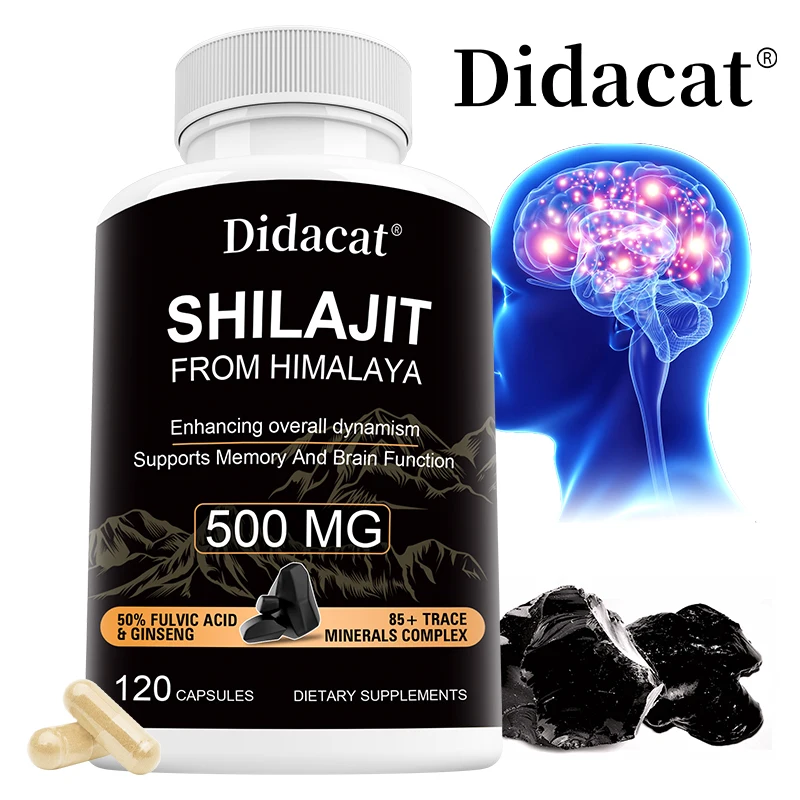

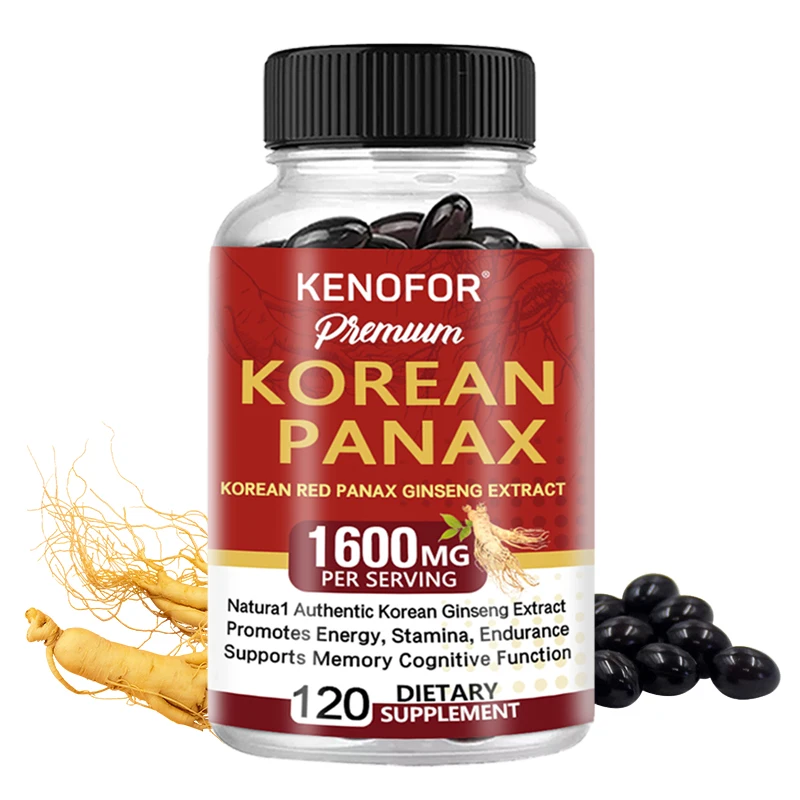
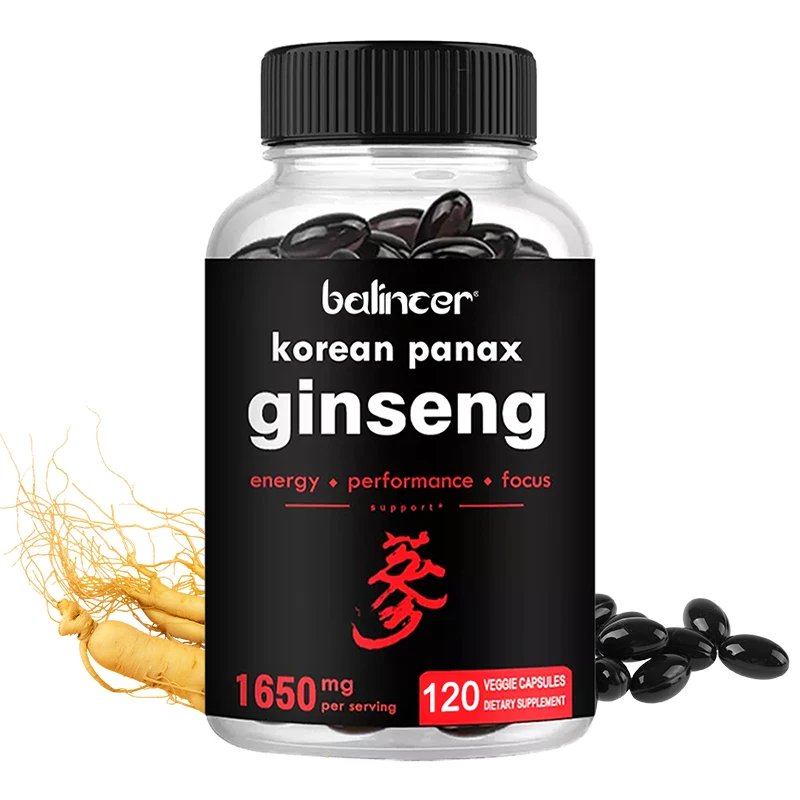
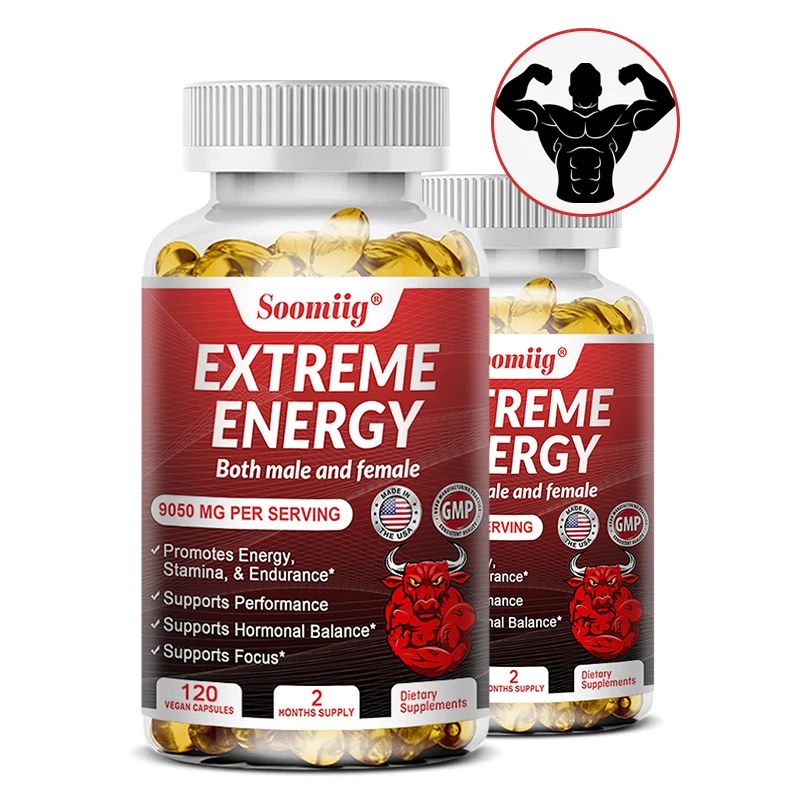
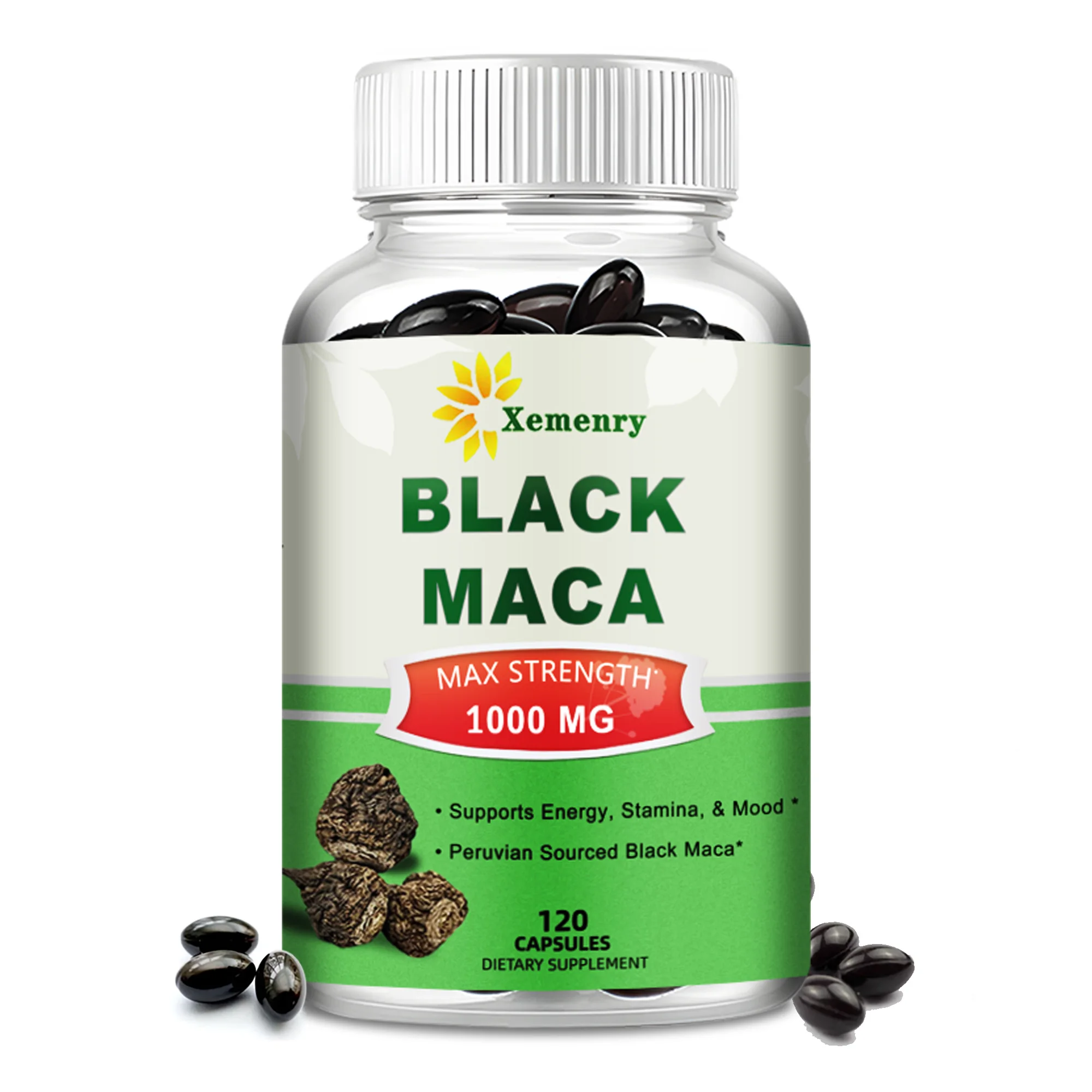
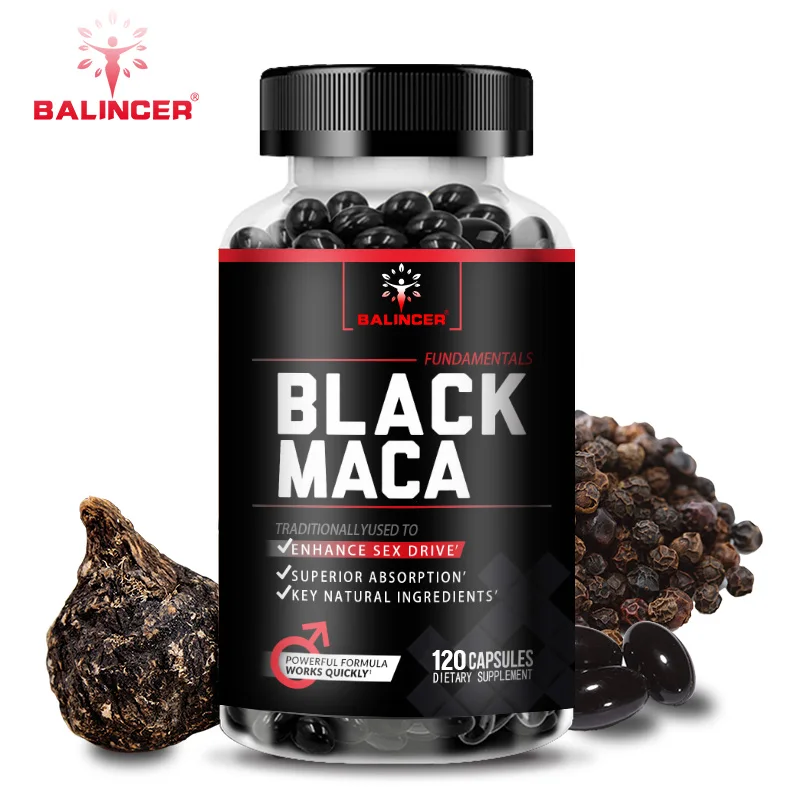
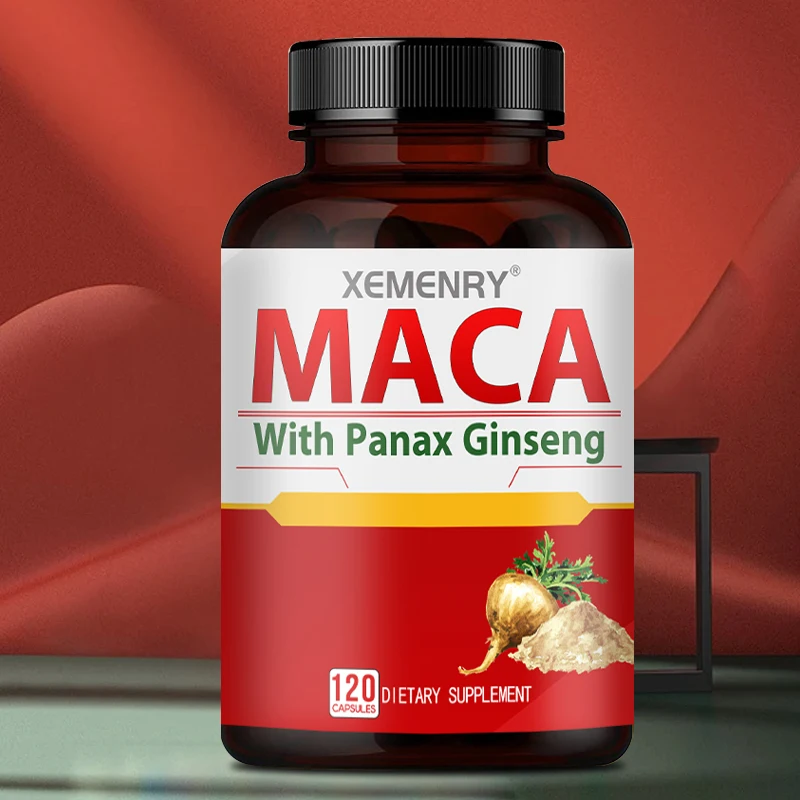

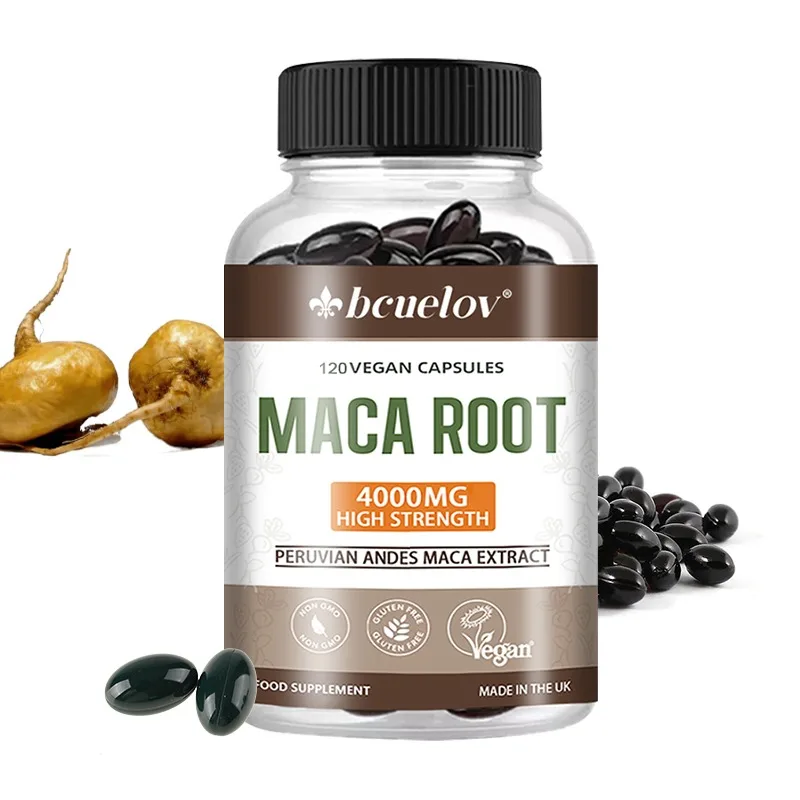
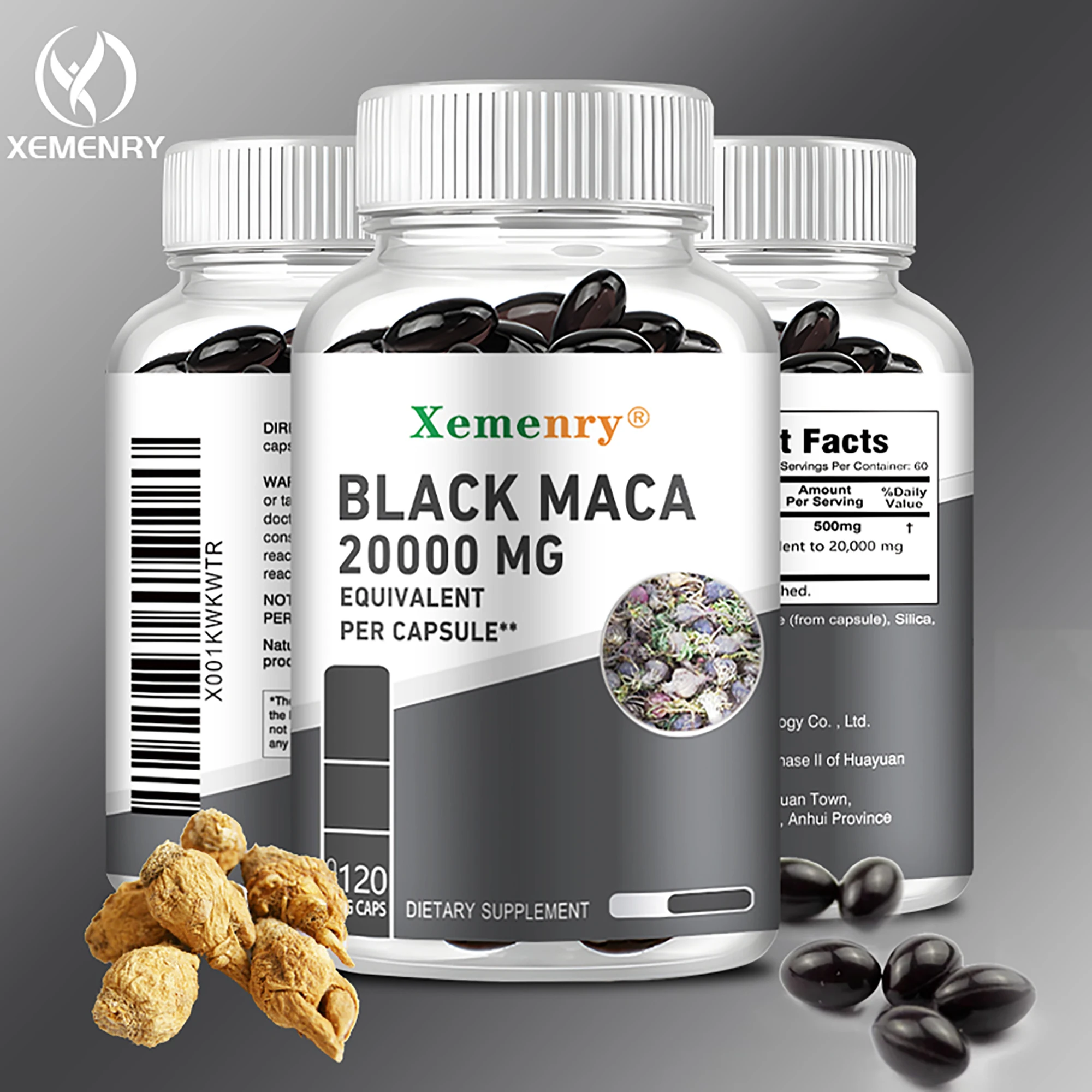
![Cosmetics Rhodiola Rosea 20:1,Hong Jin Tian DIY Aromatherapy Plaster Candle Soap Making[Latest Date Product]](https://ae-pic-a1.aliexpress-media.com/kf/Sd4086c0e412f4a8dacbd43b1836f8b07S.jpg)
